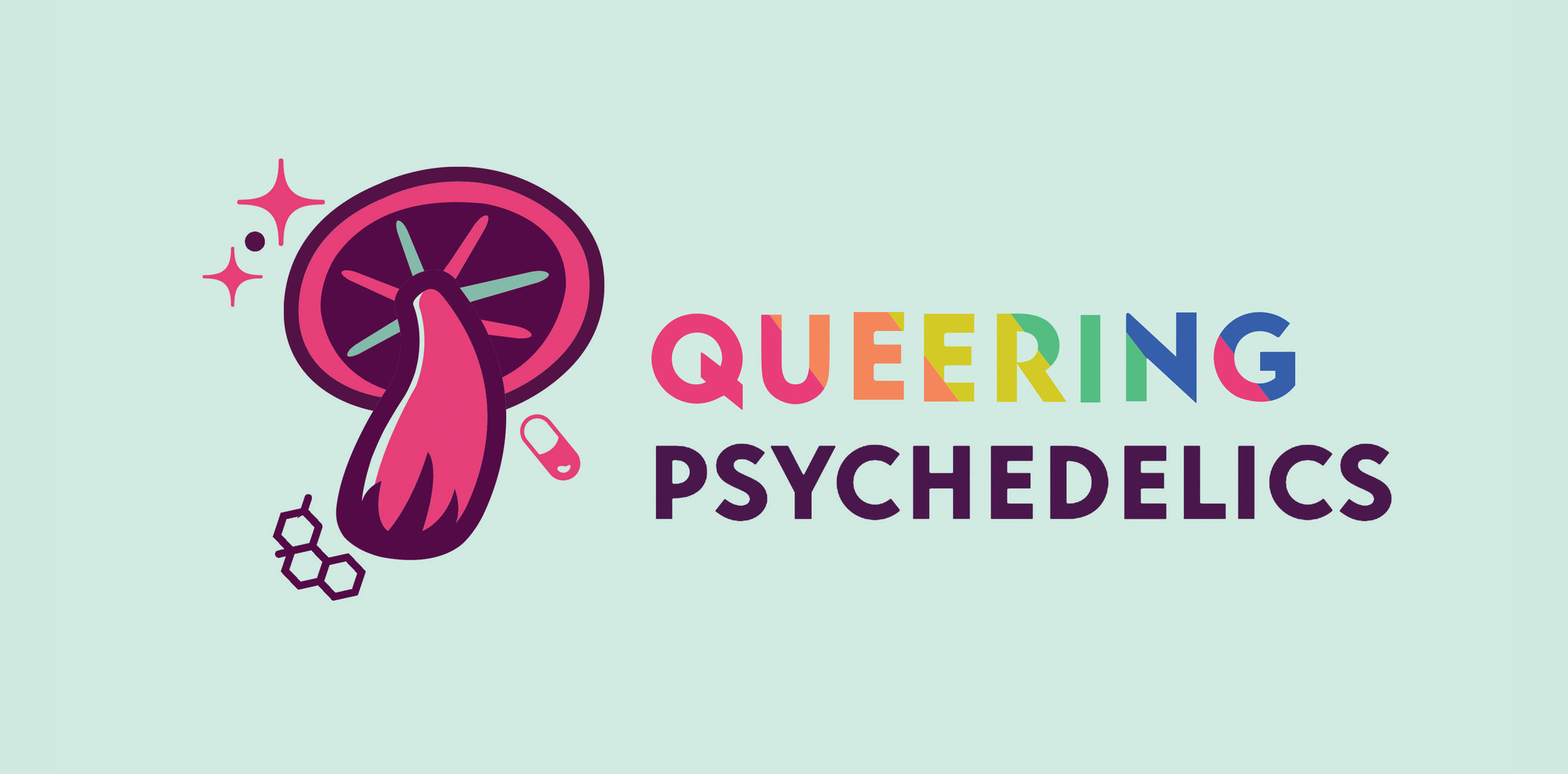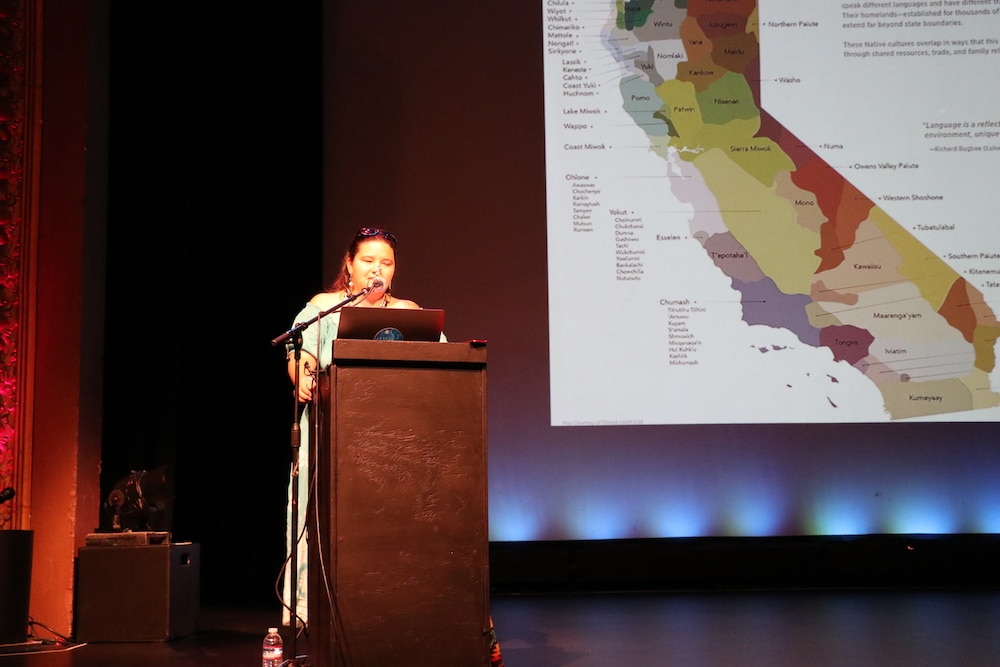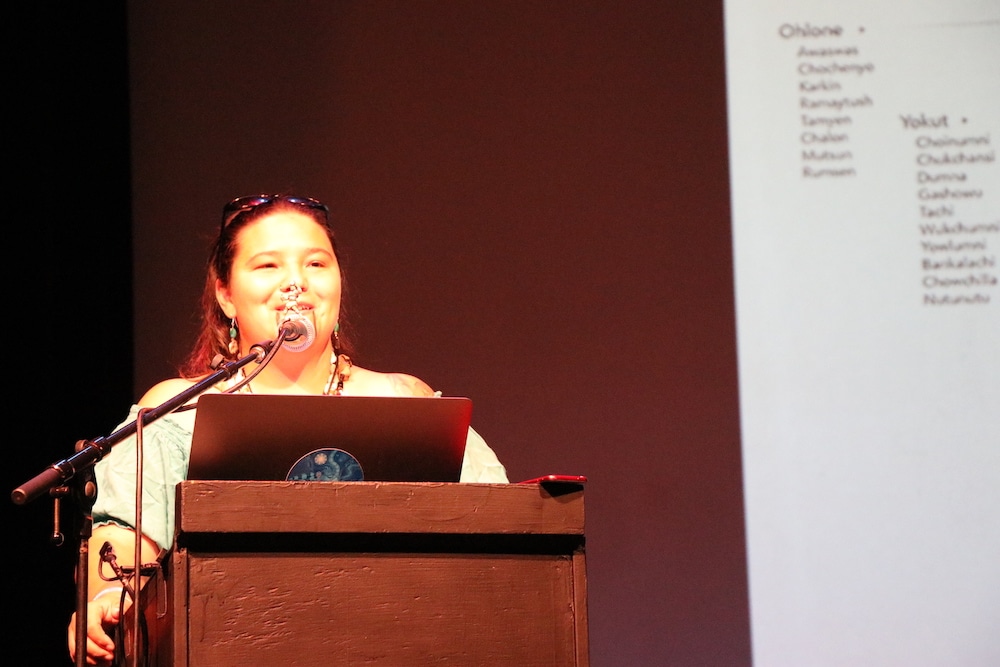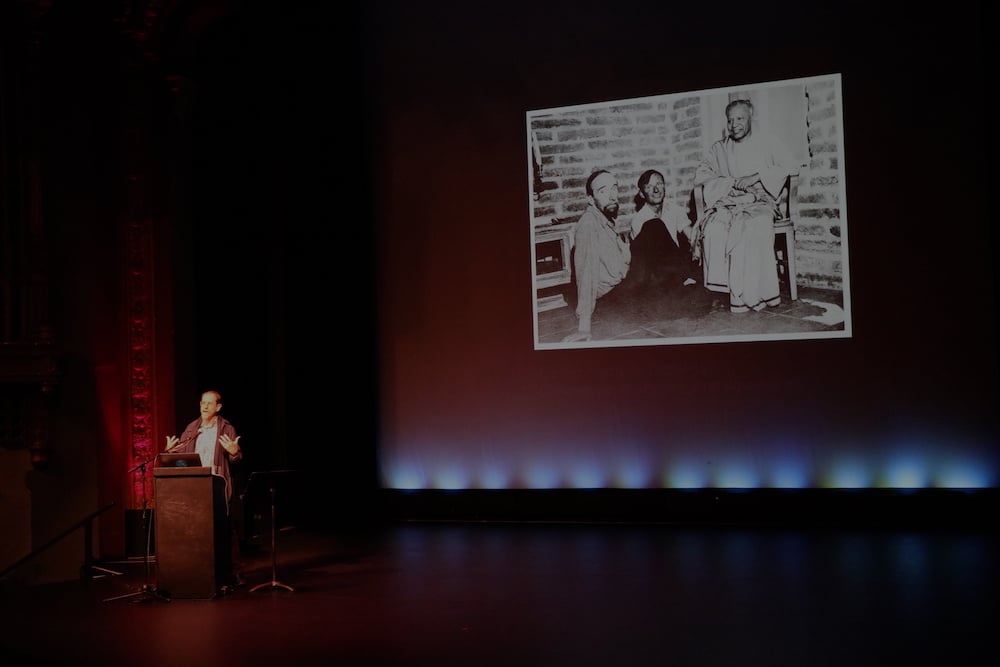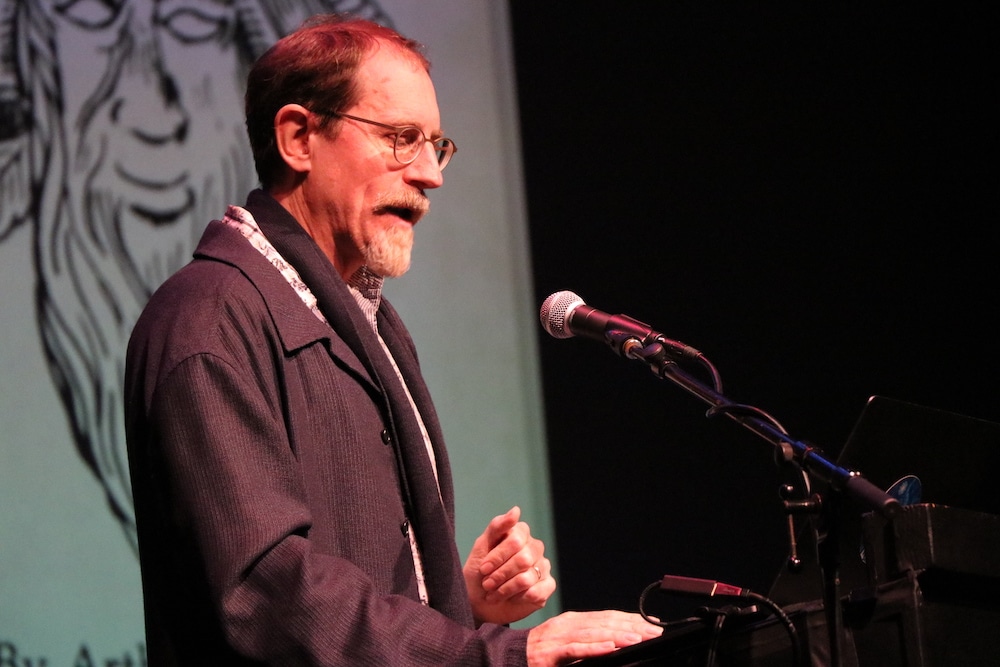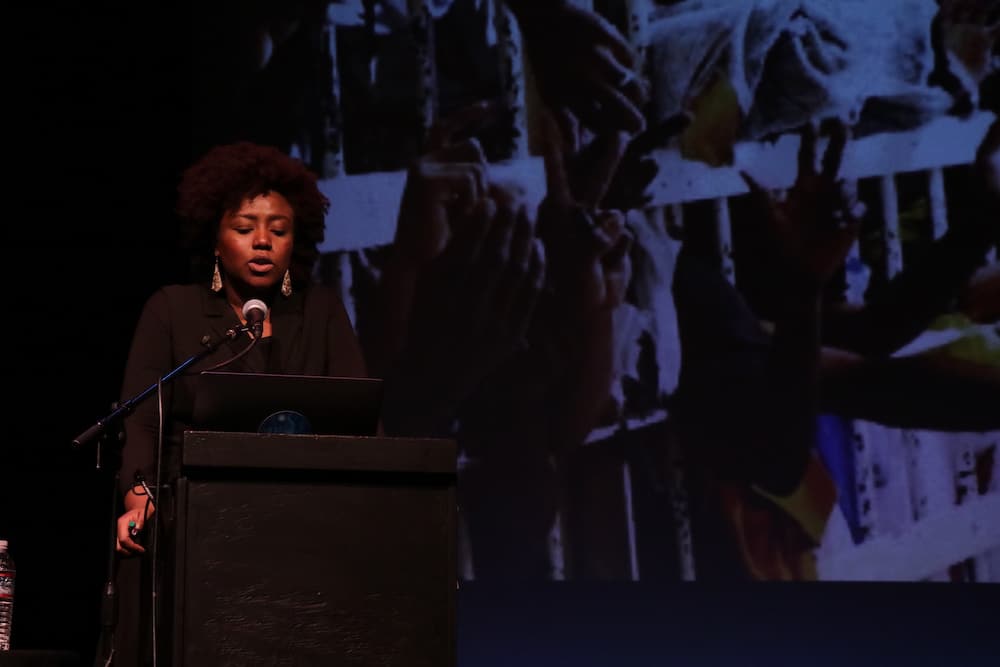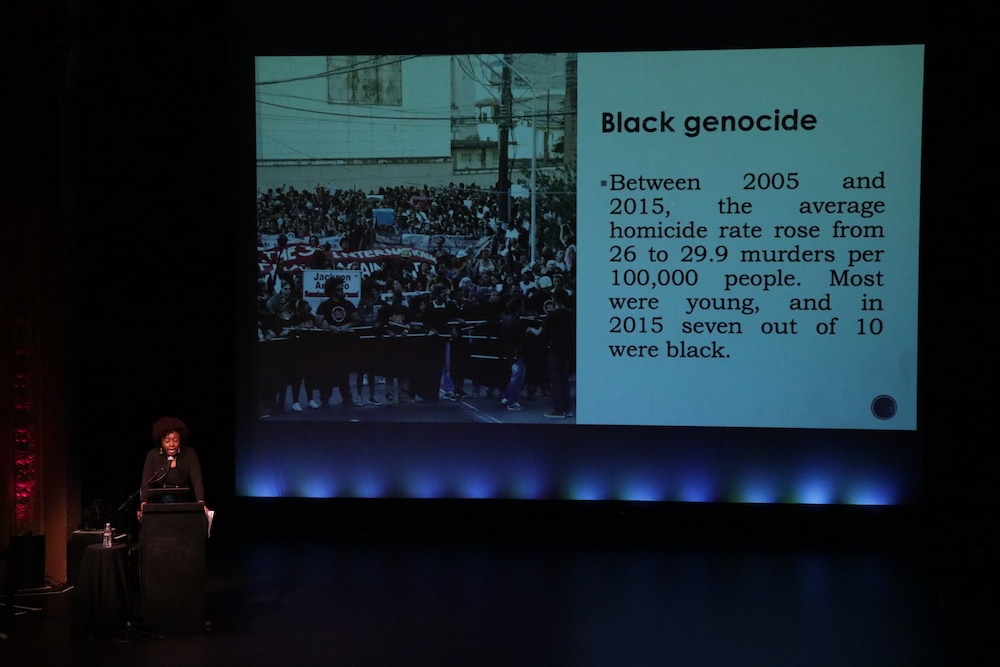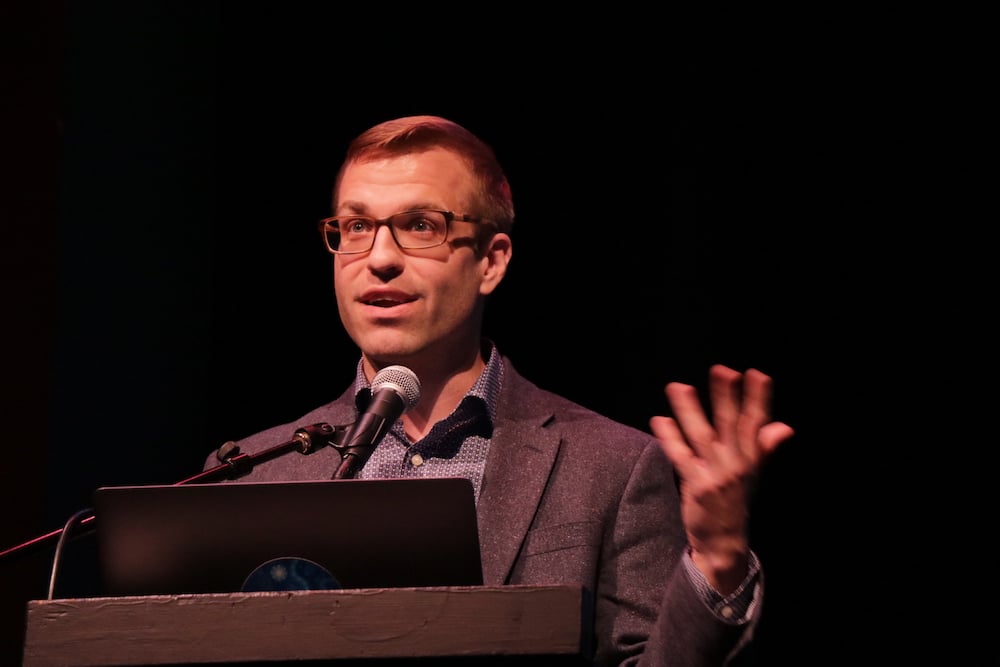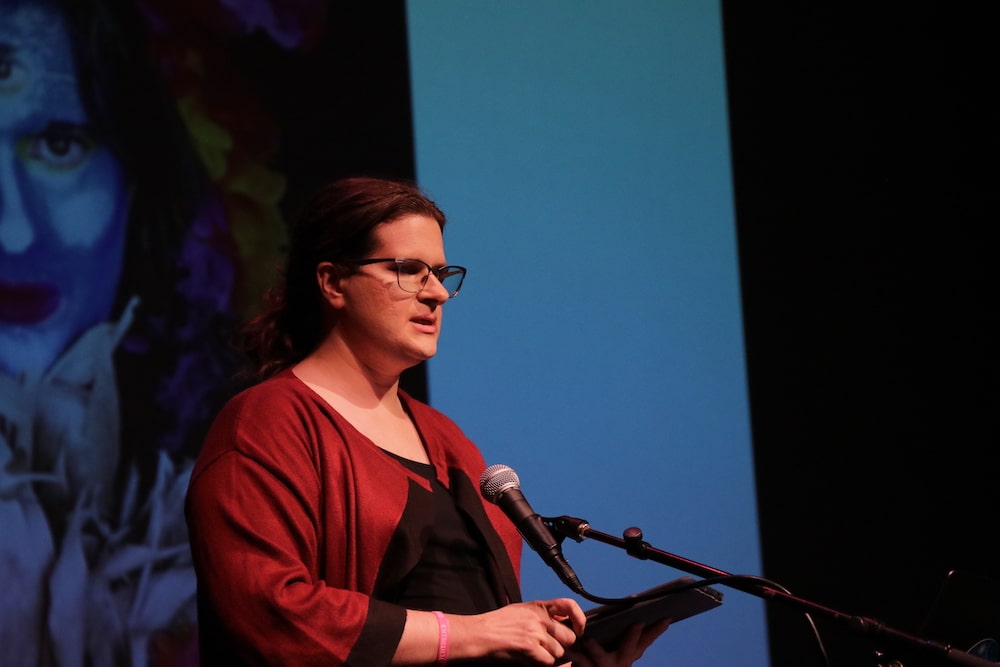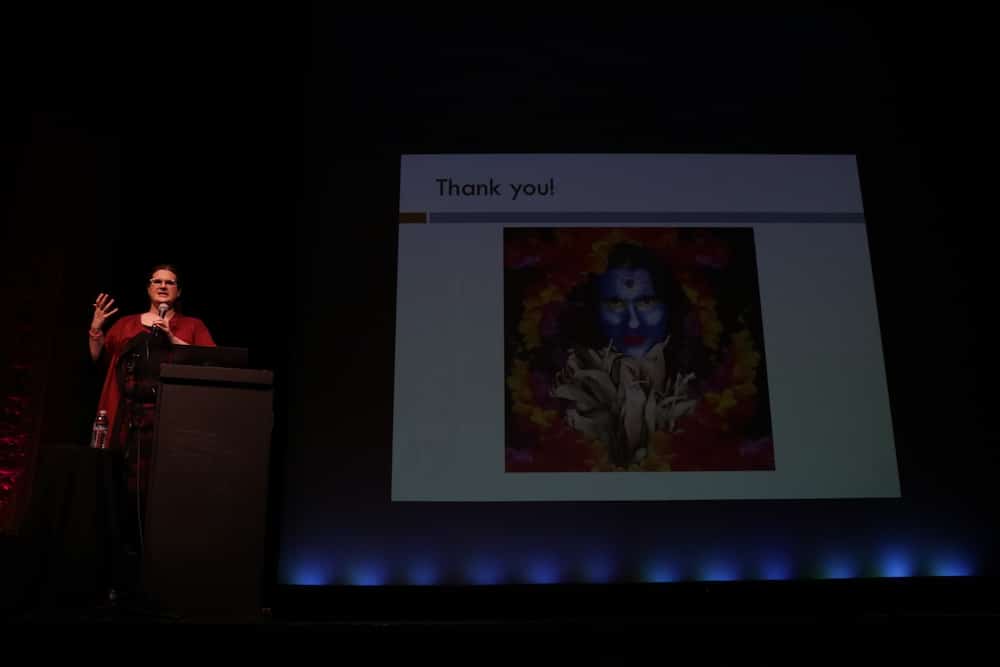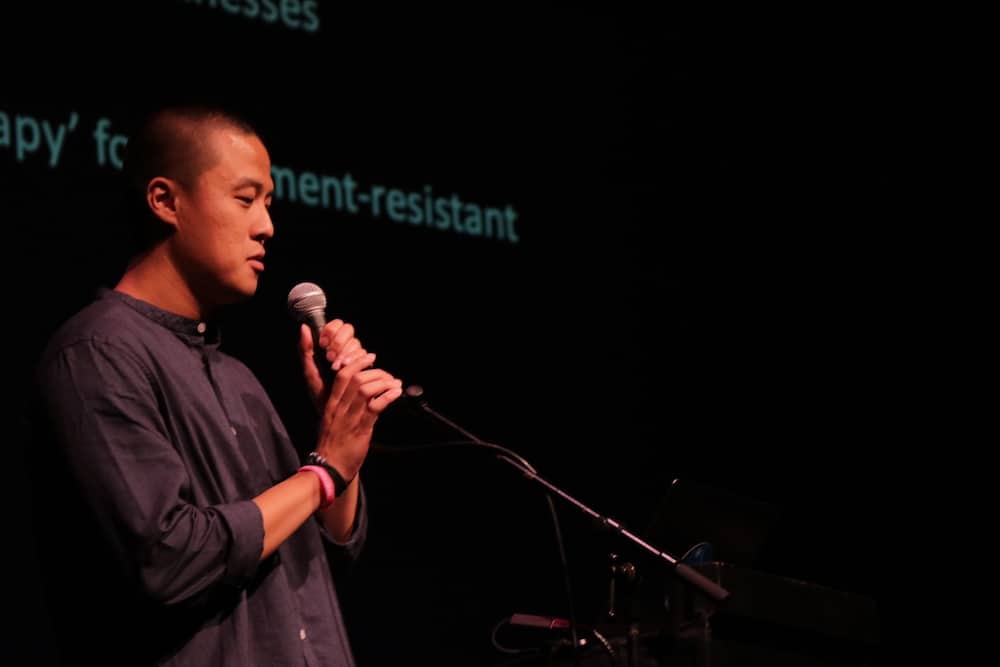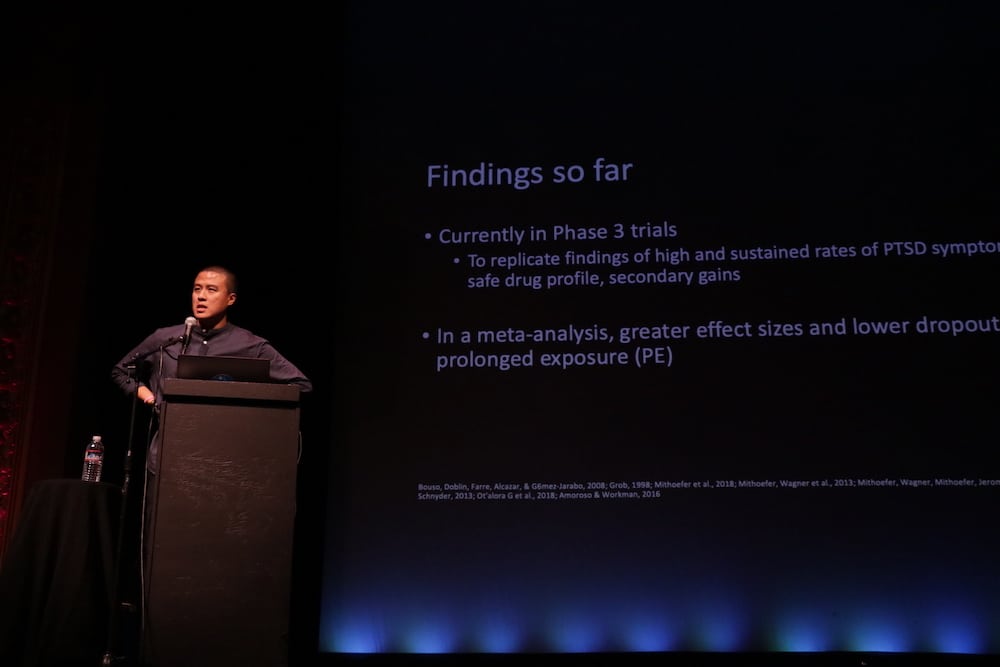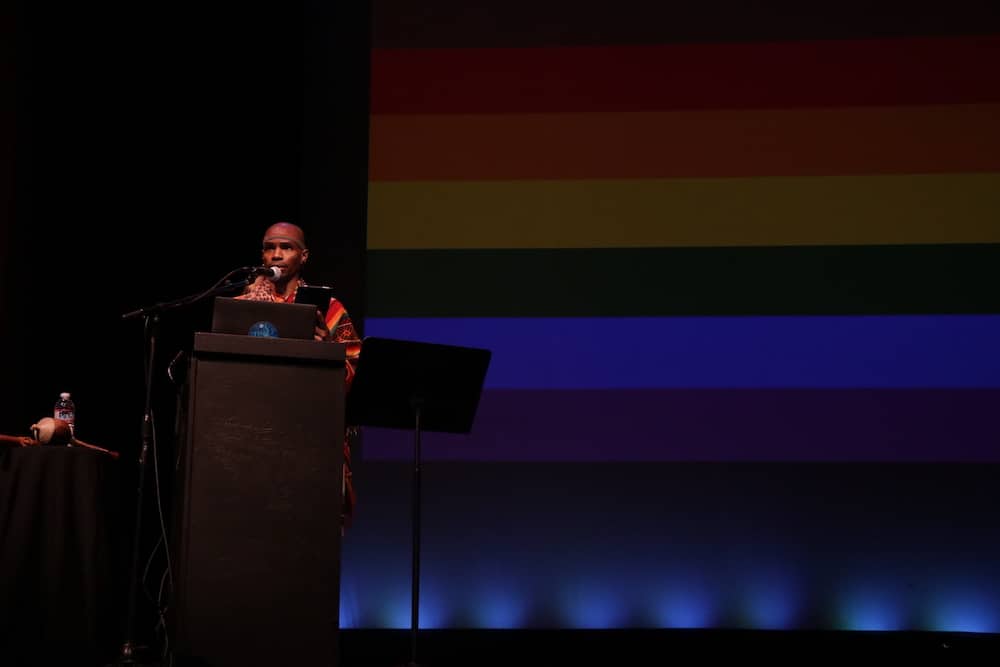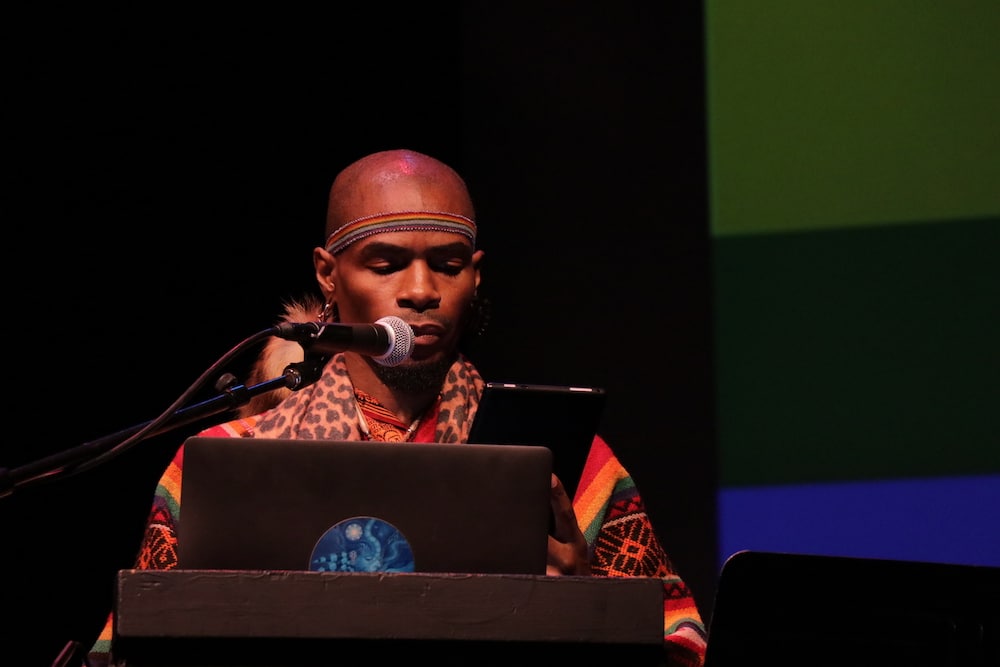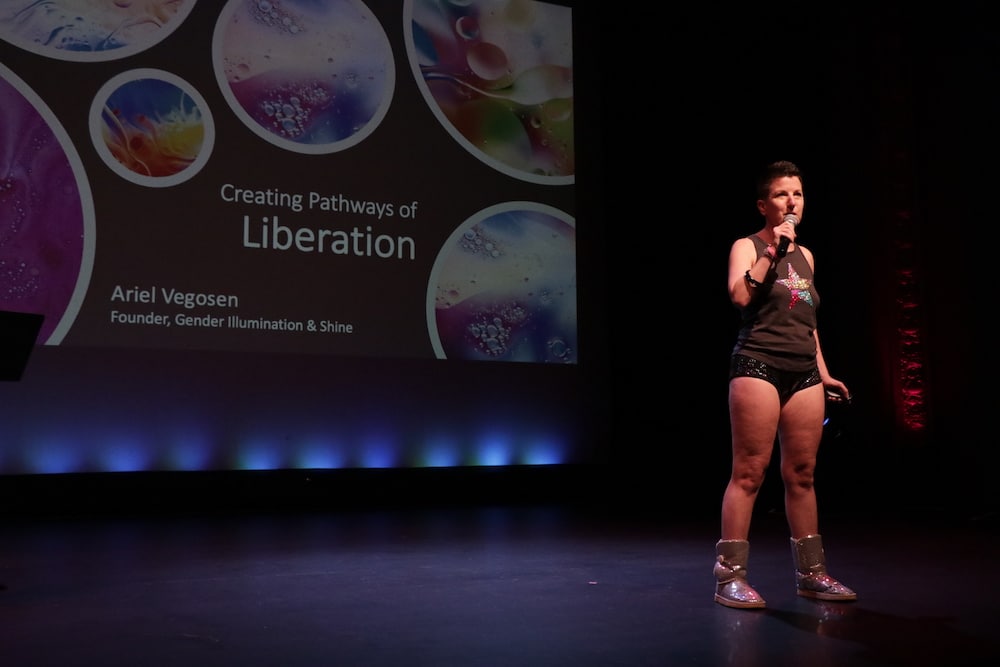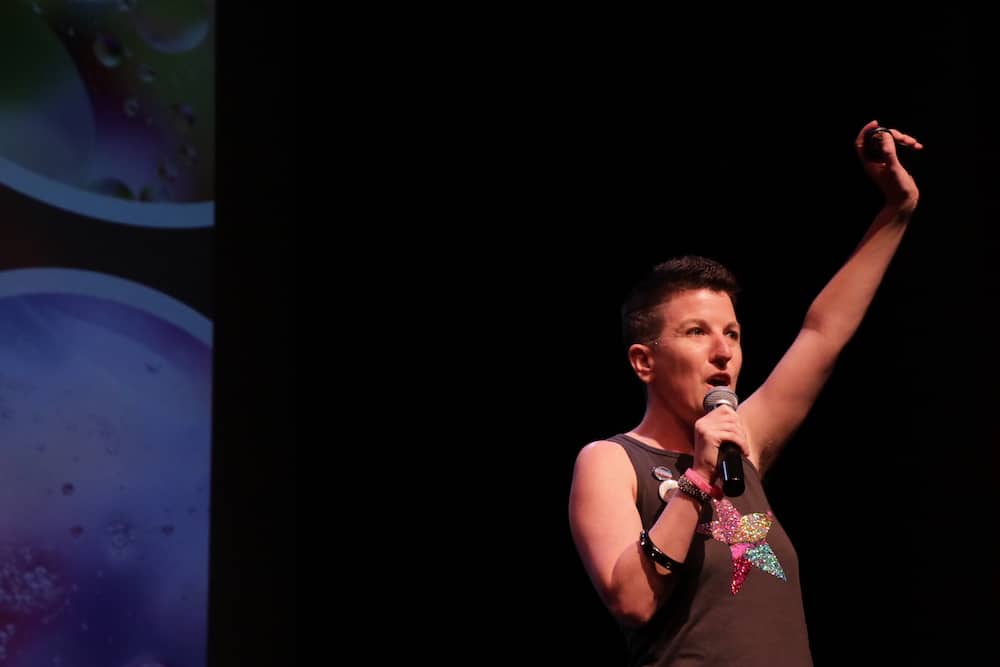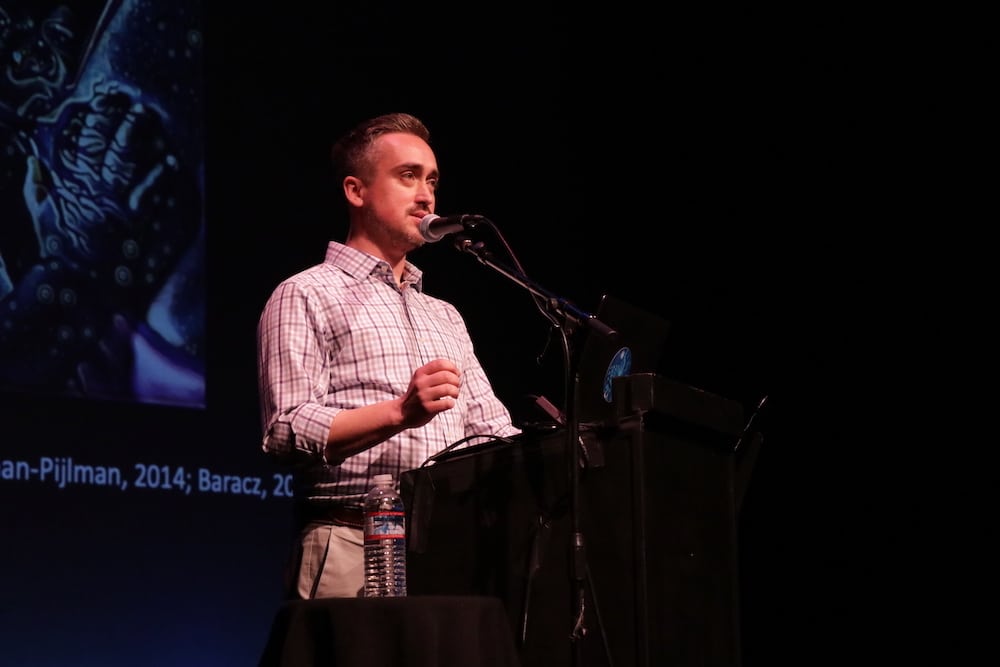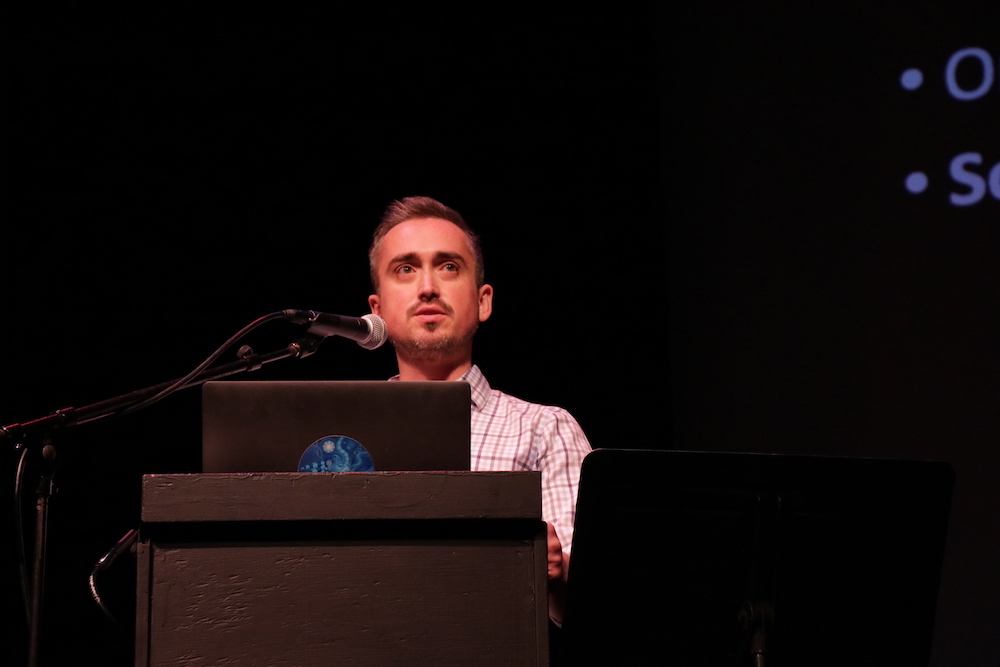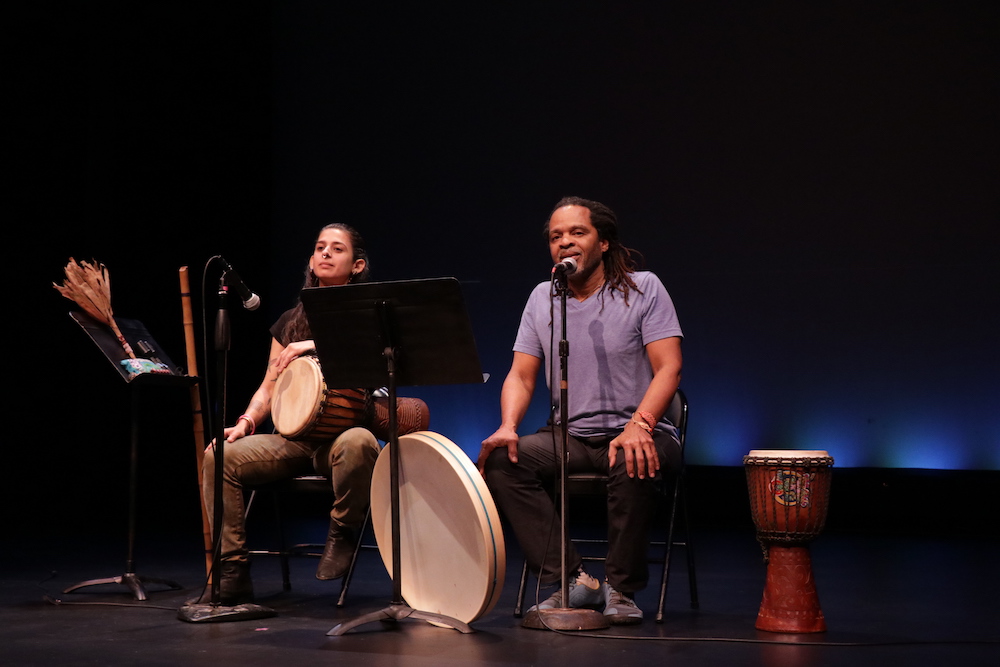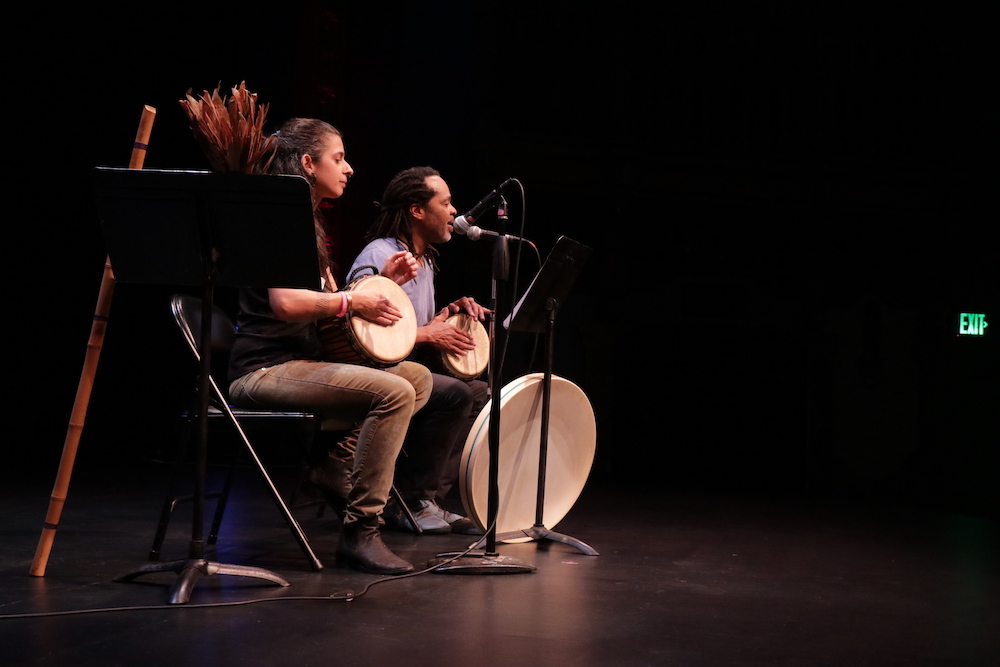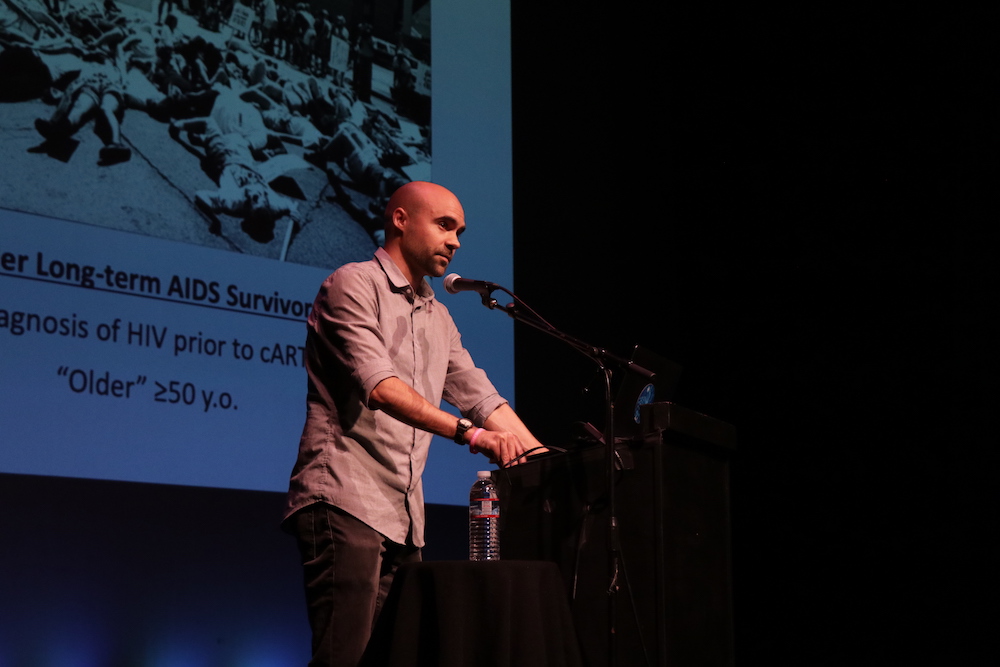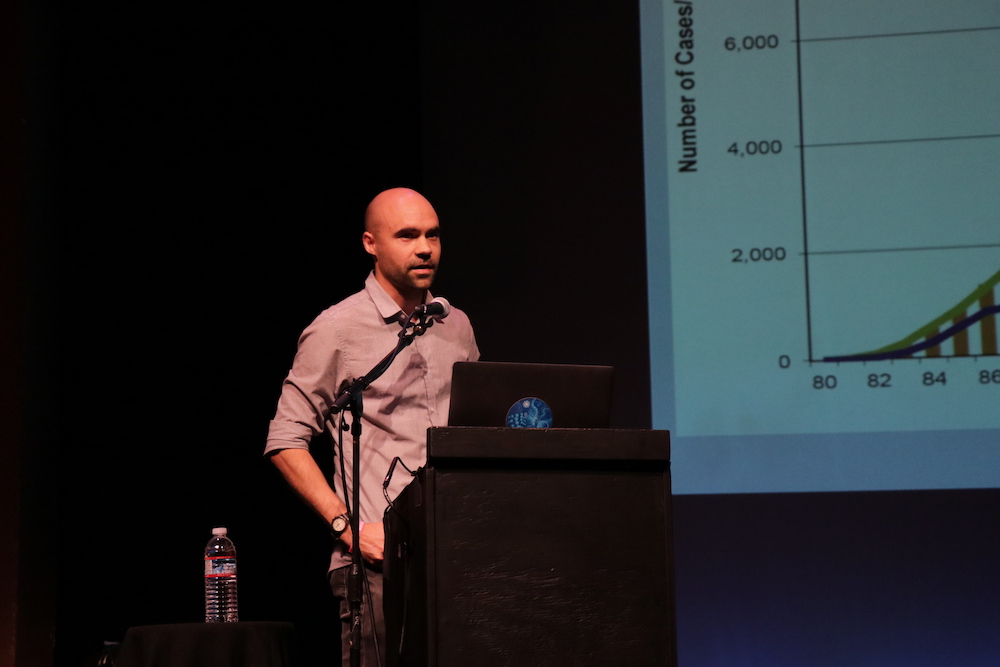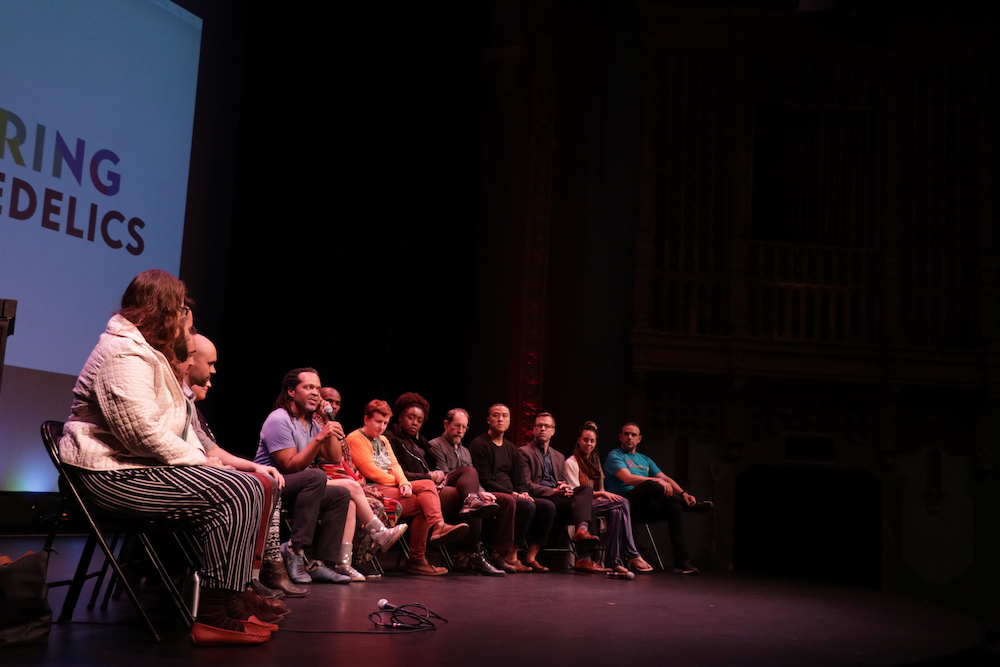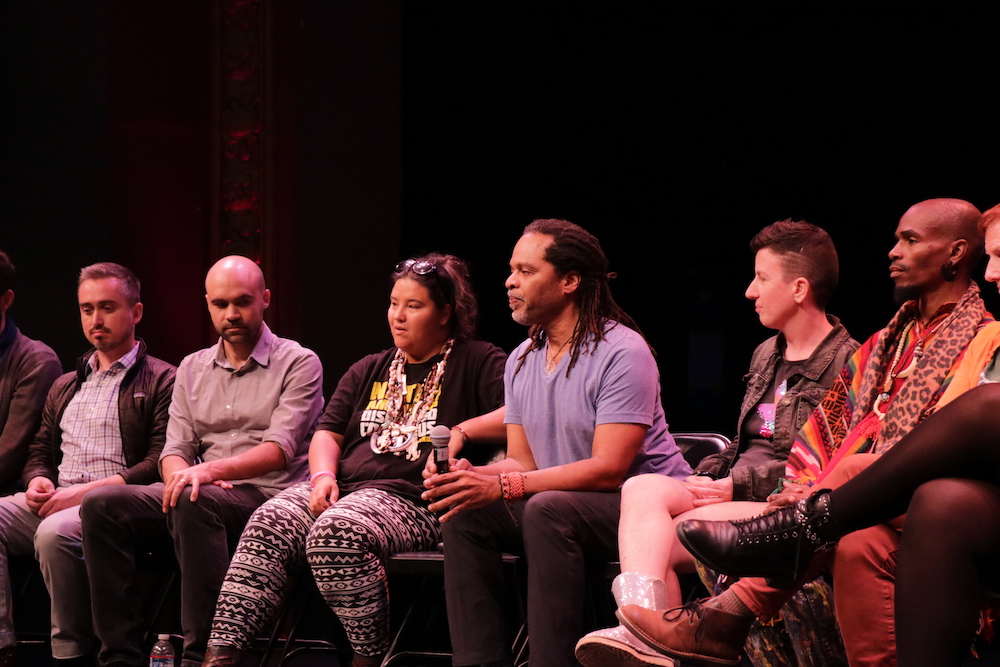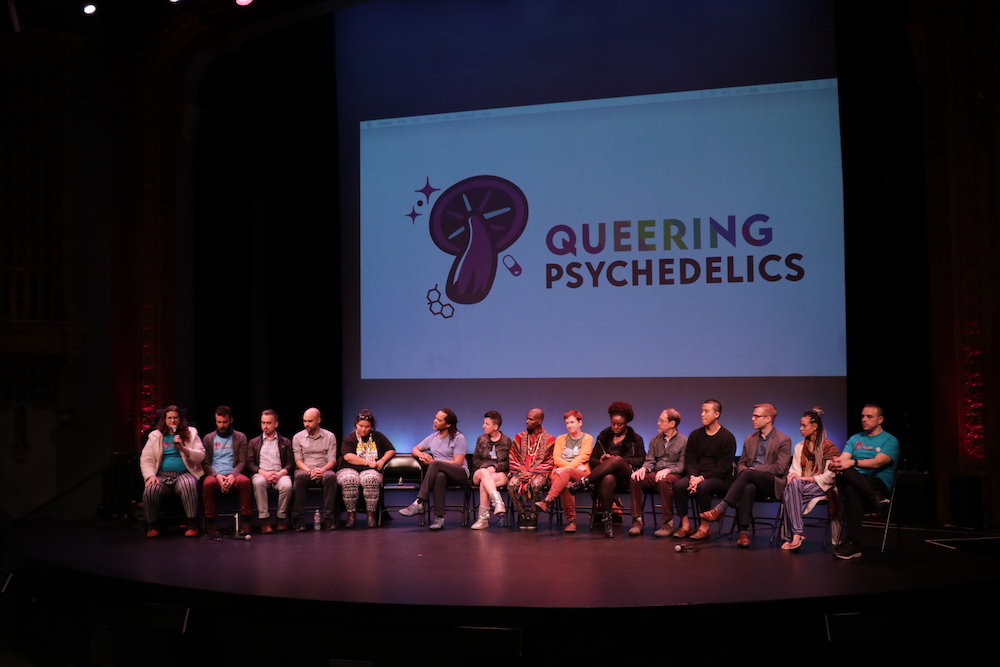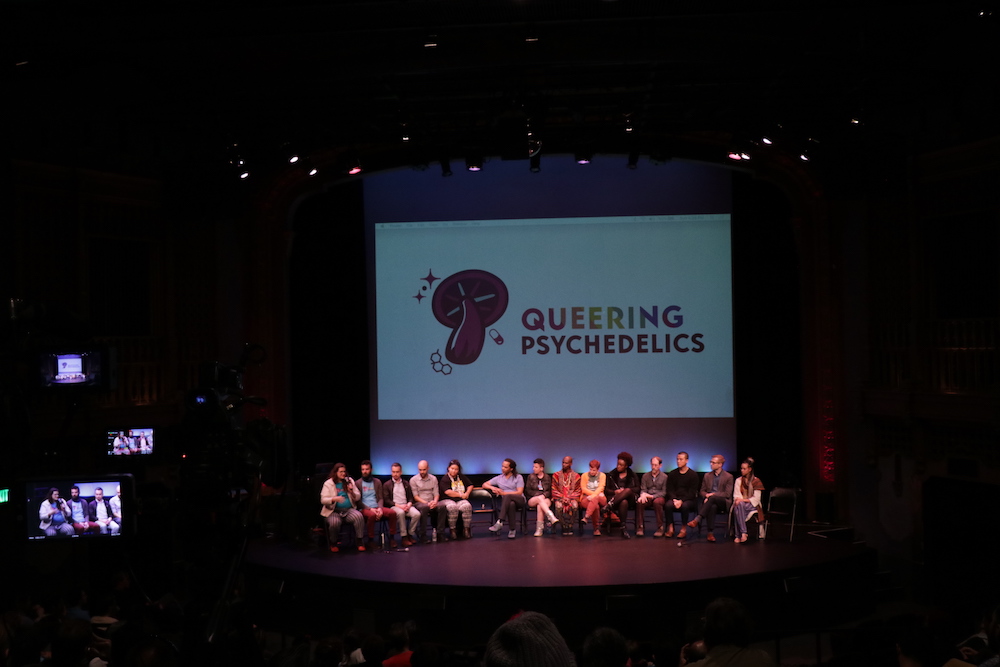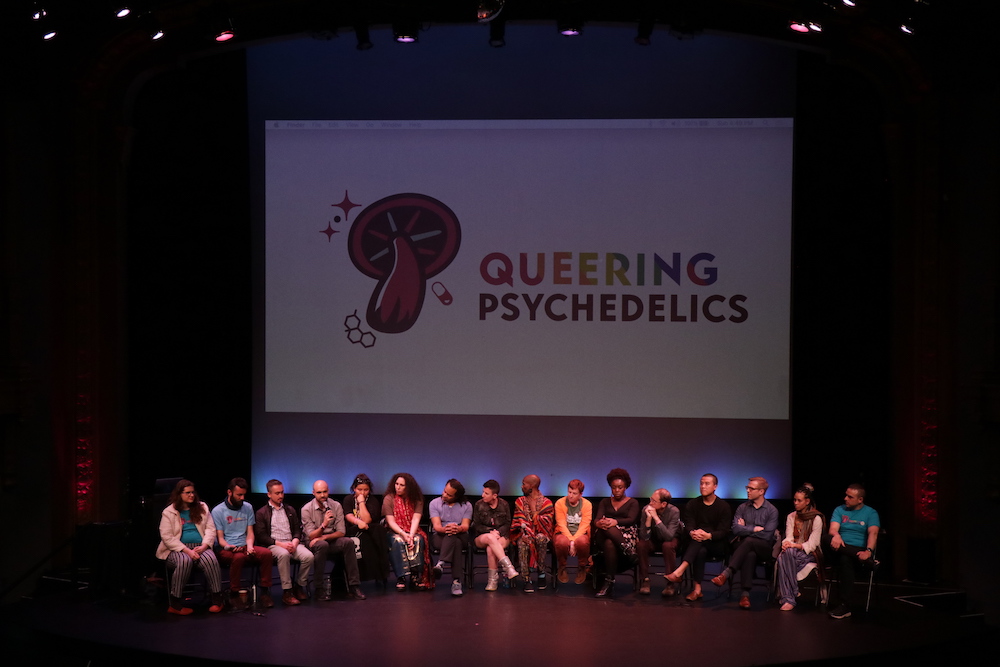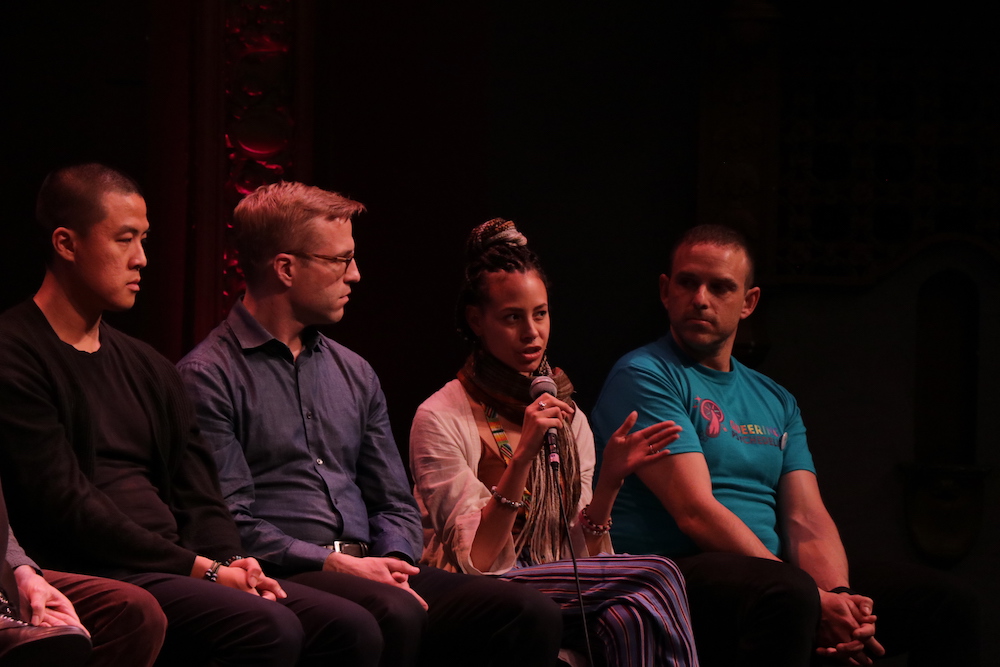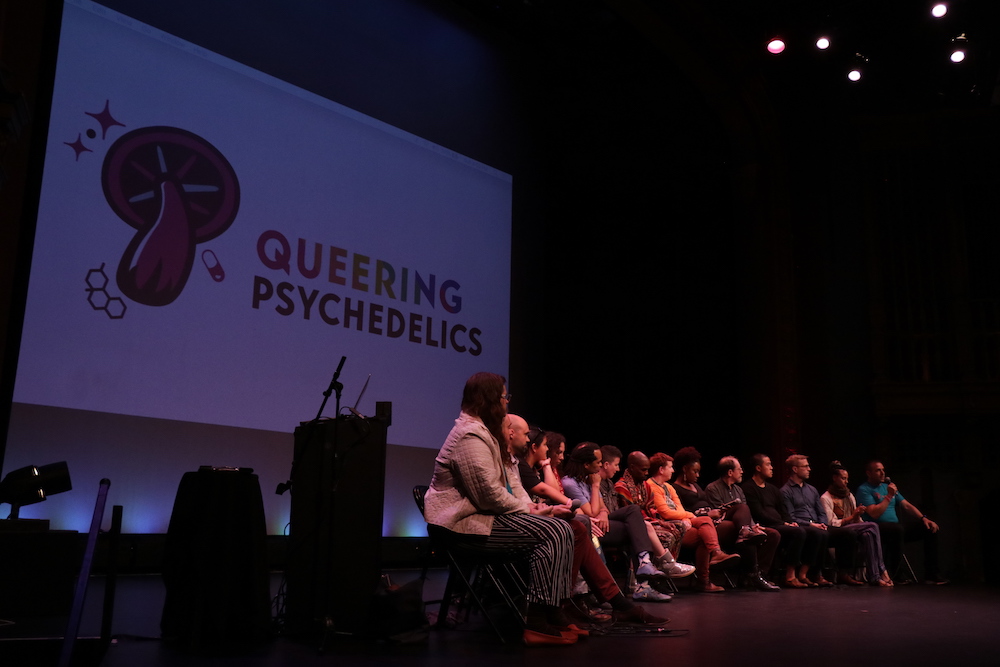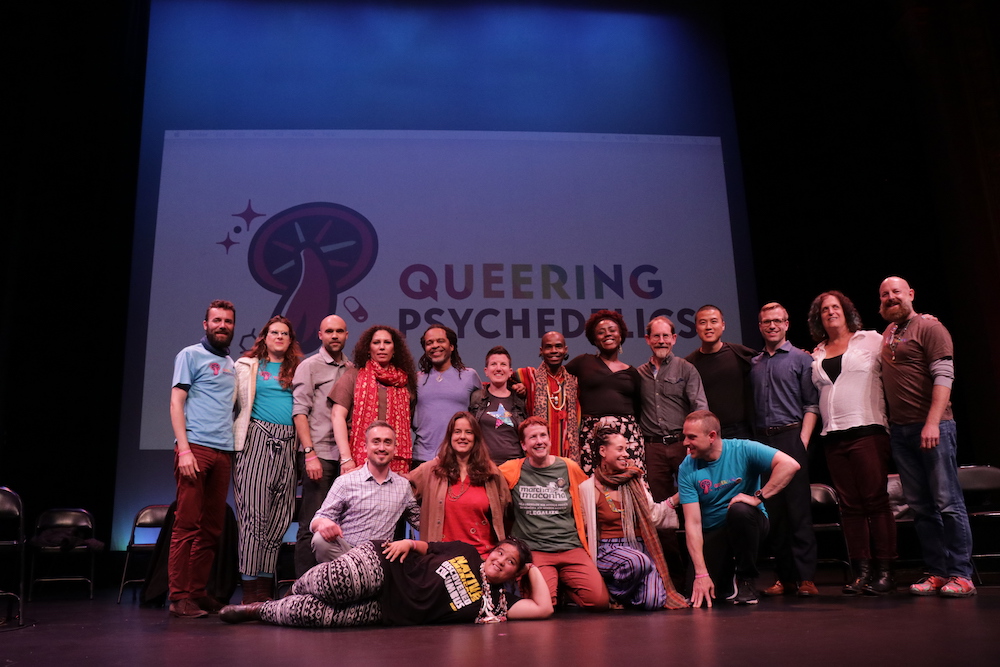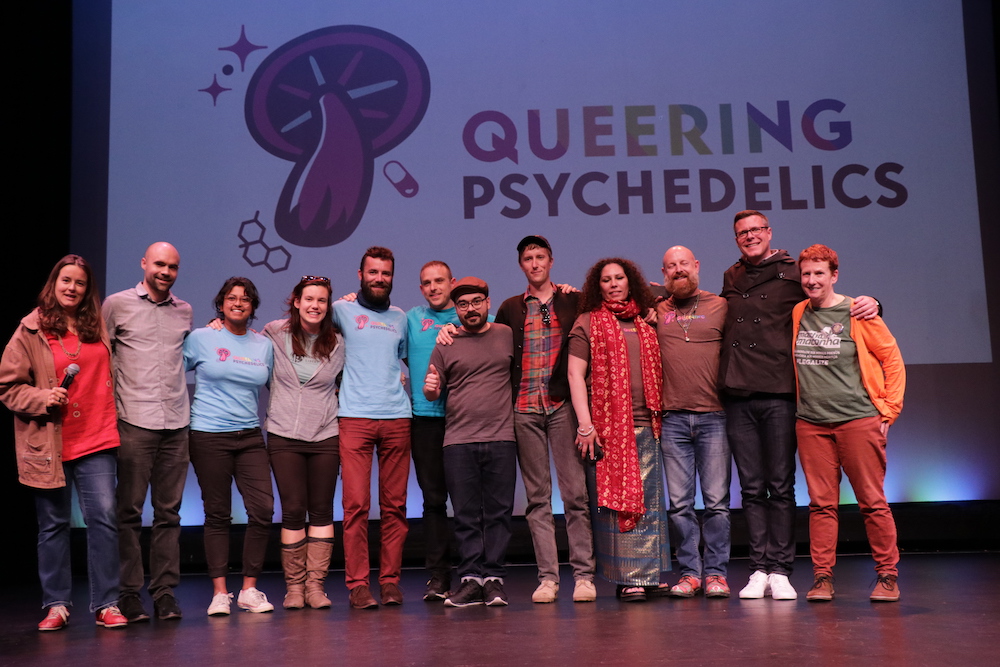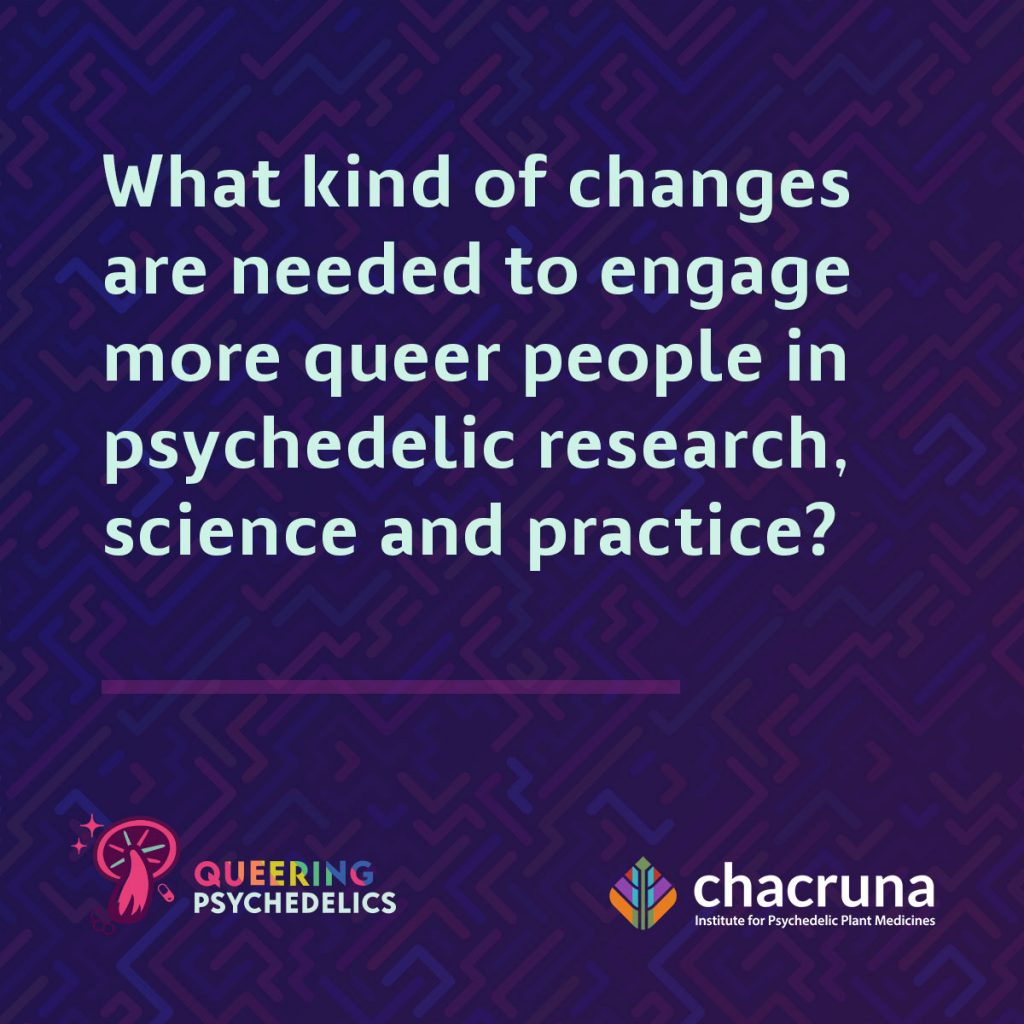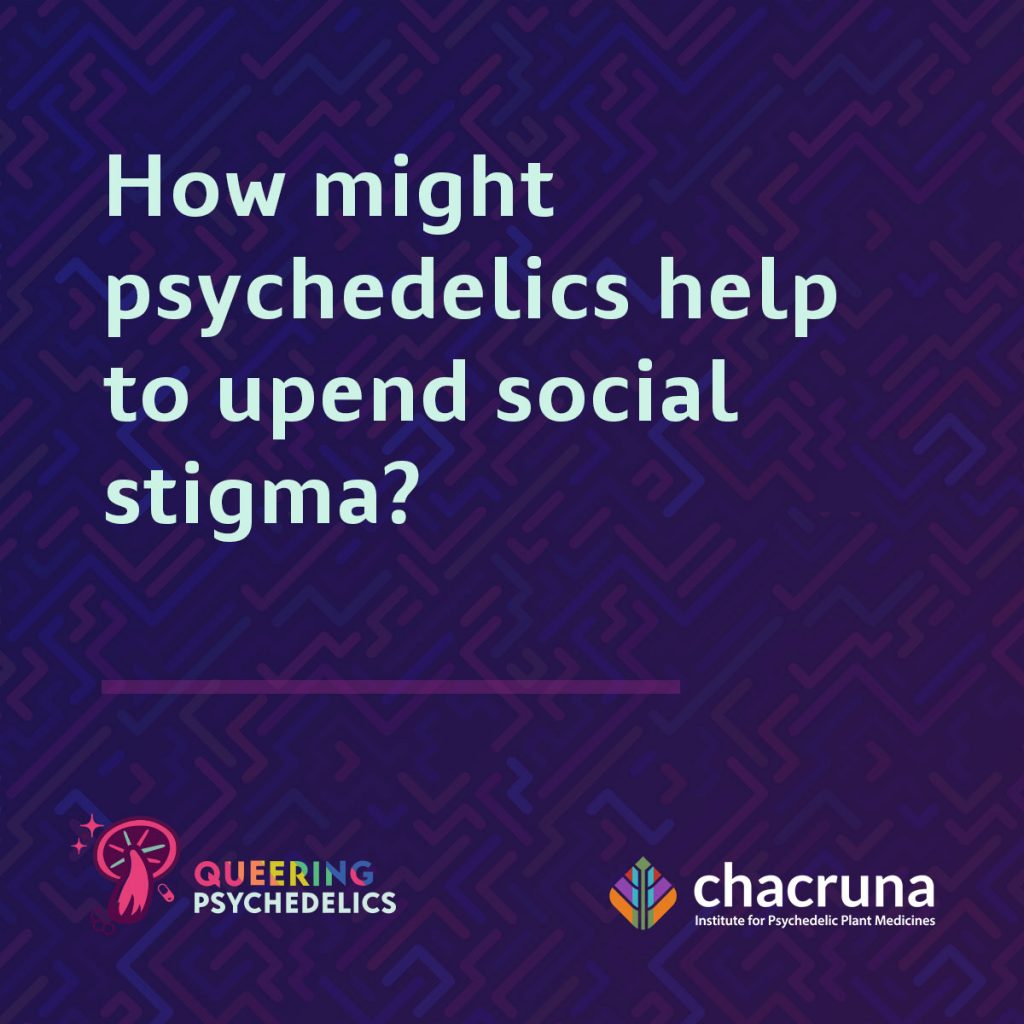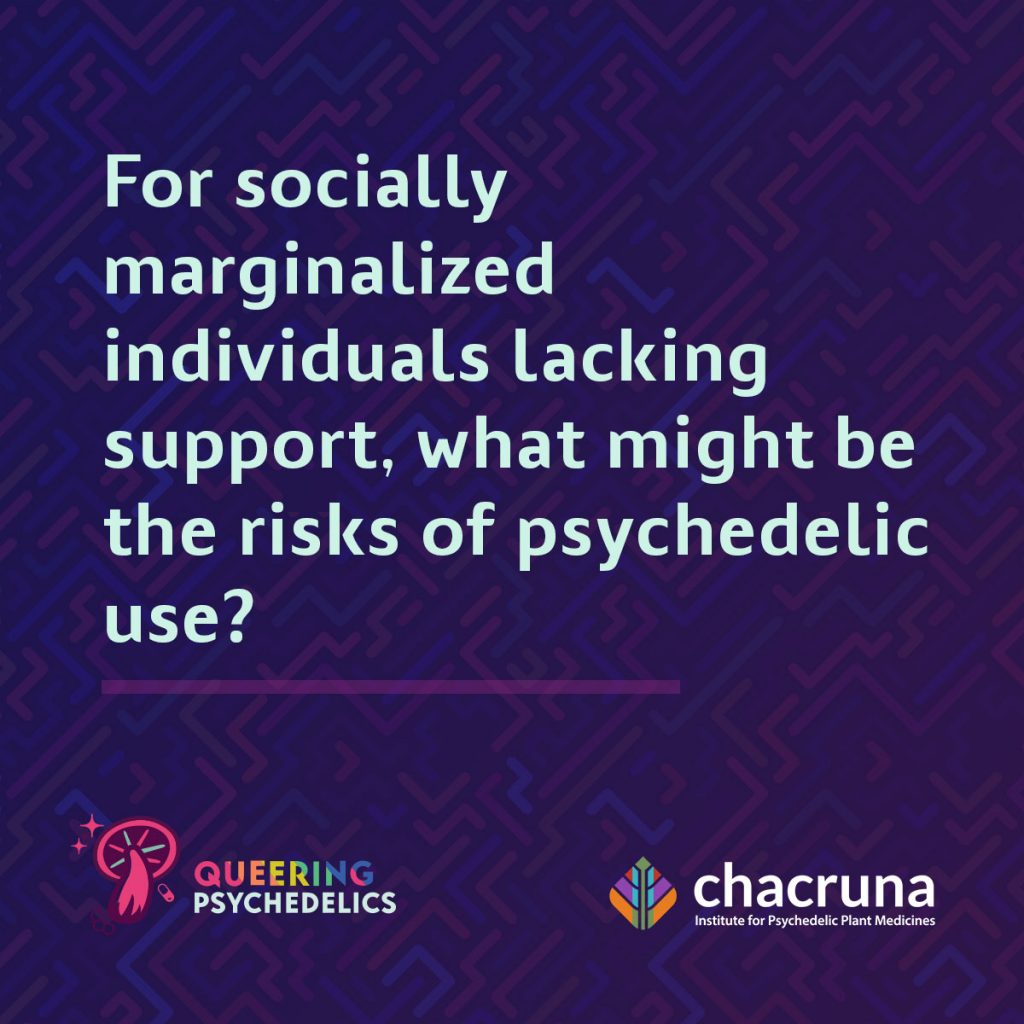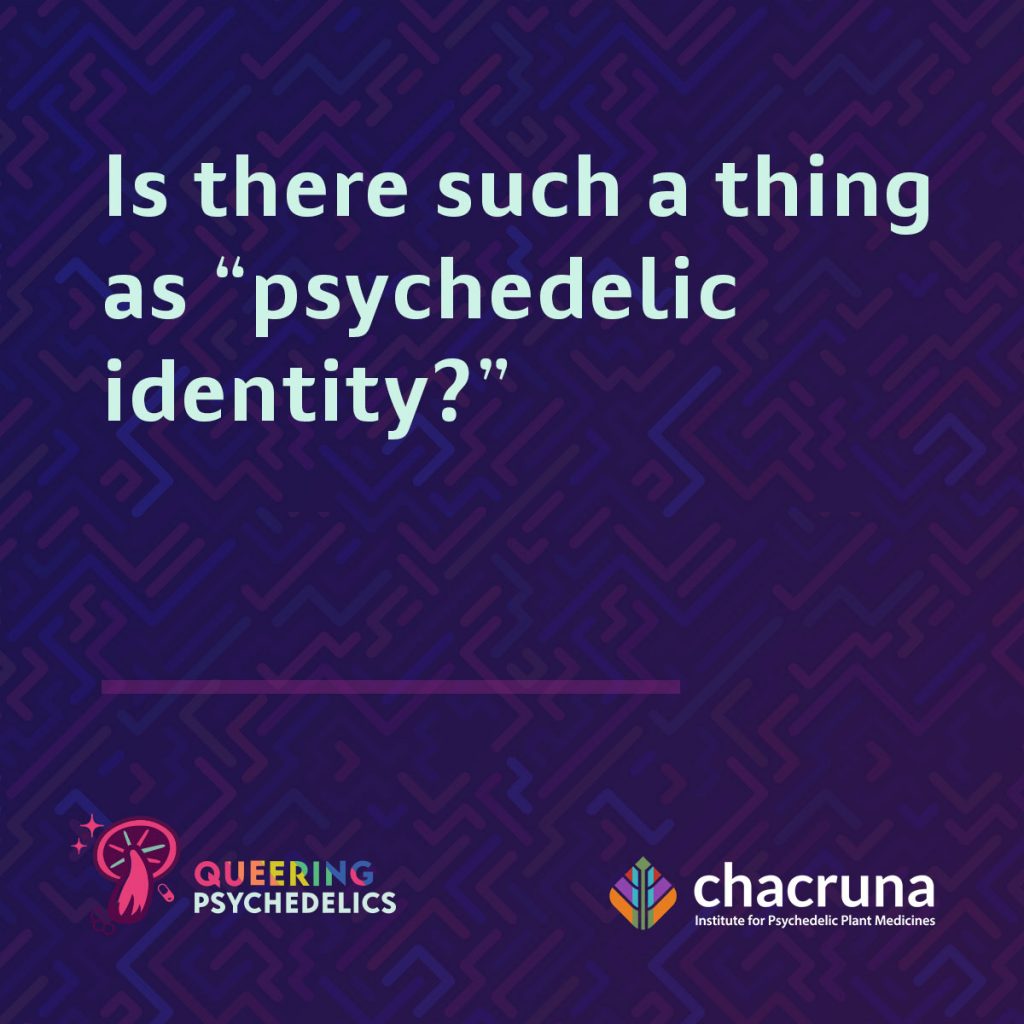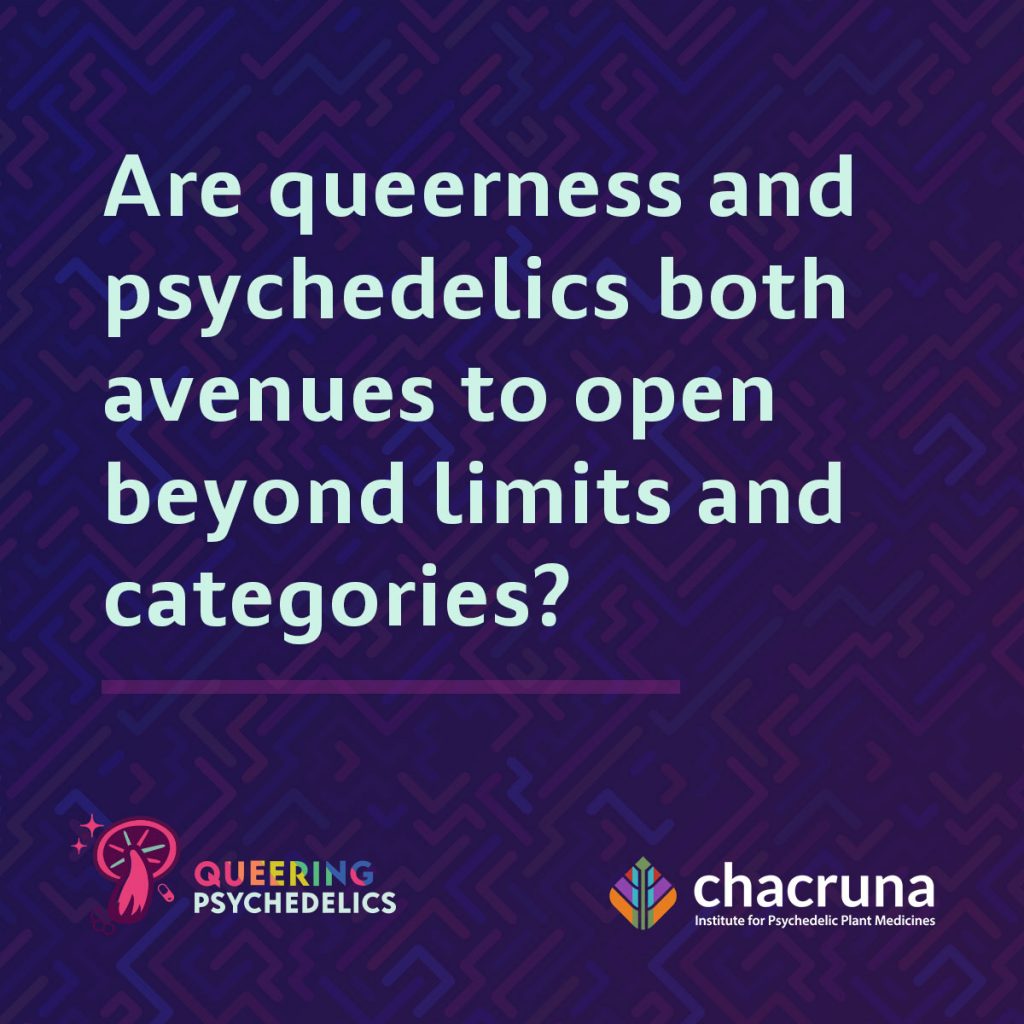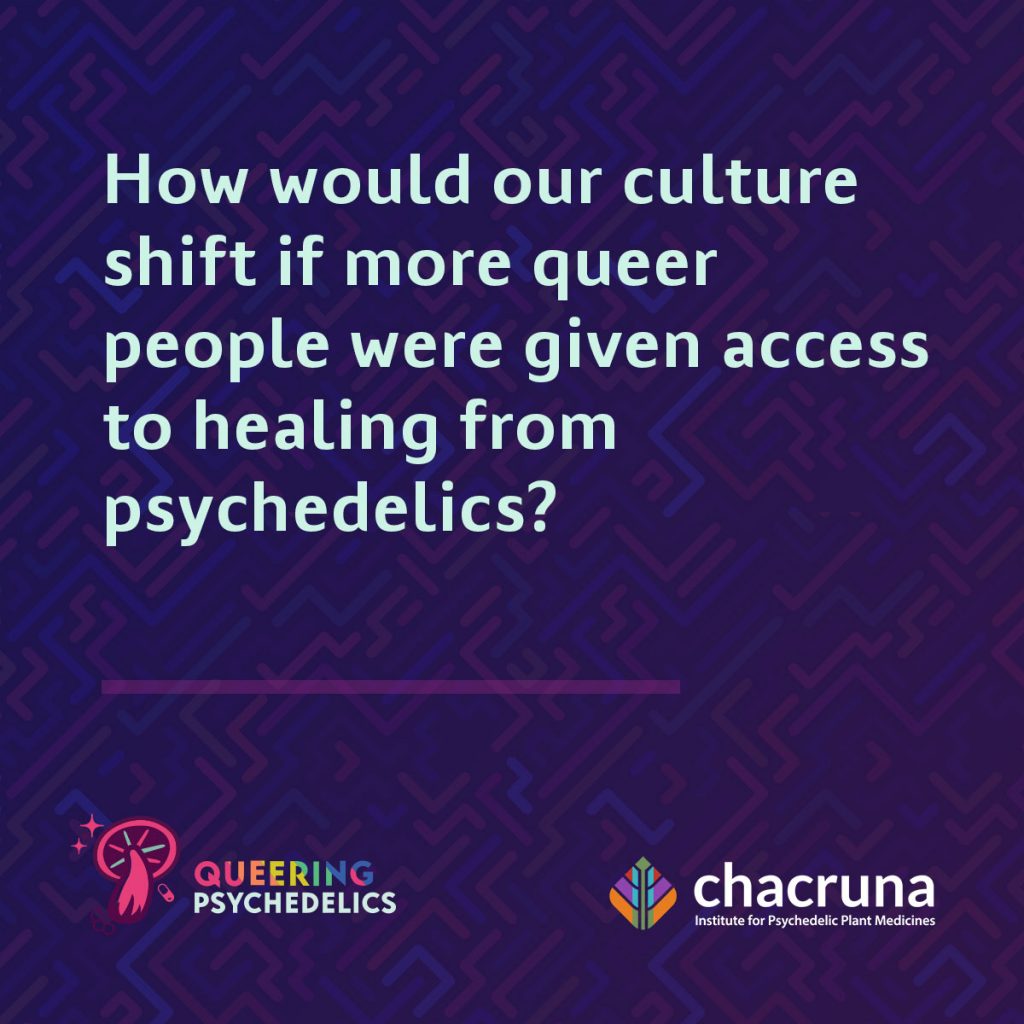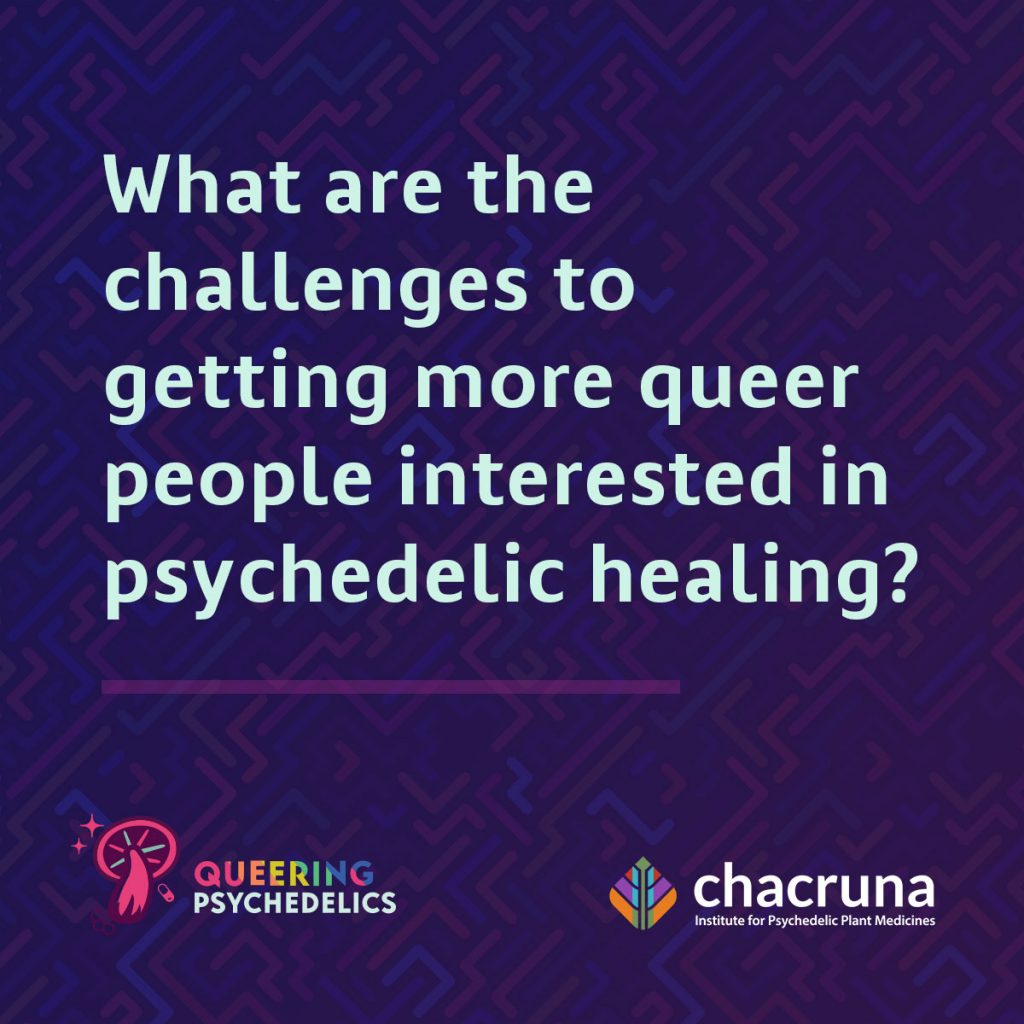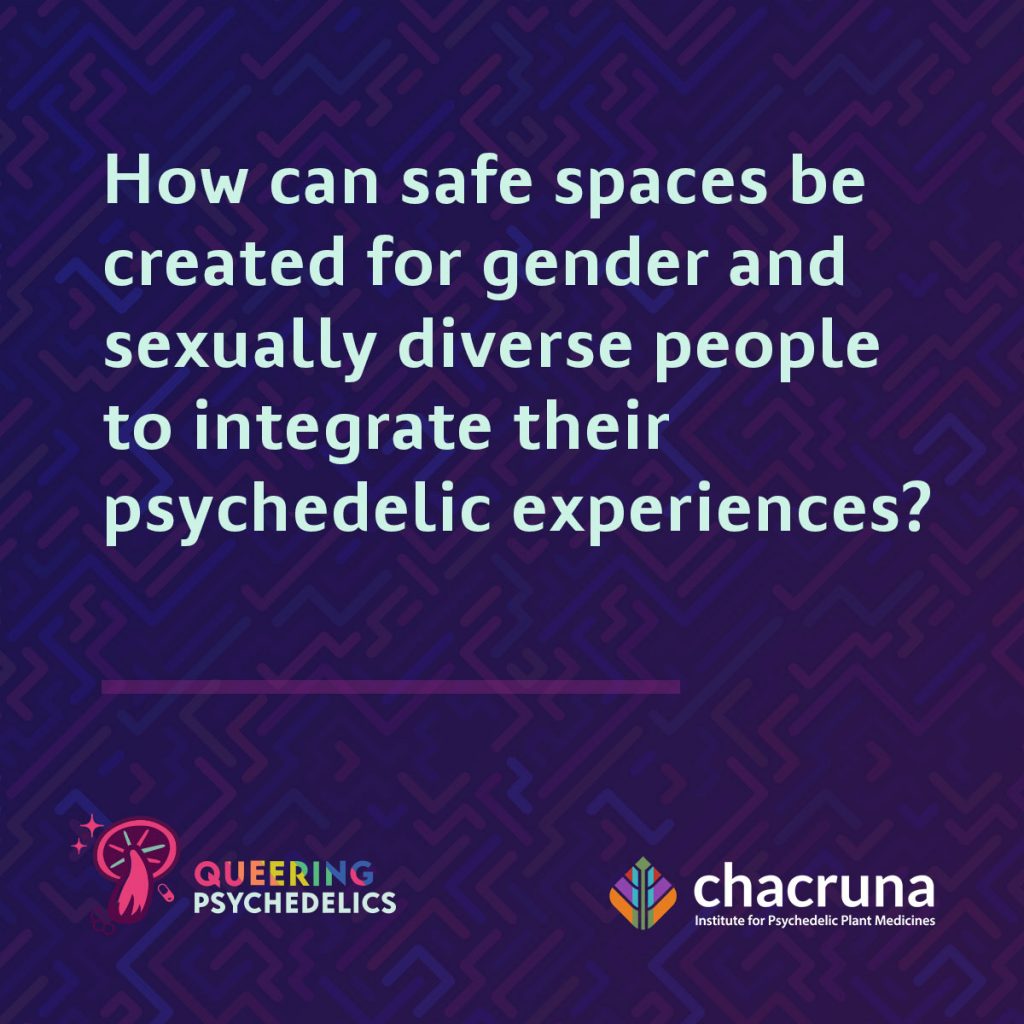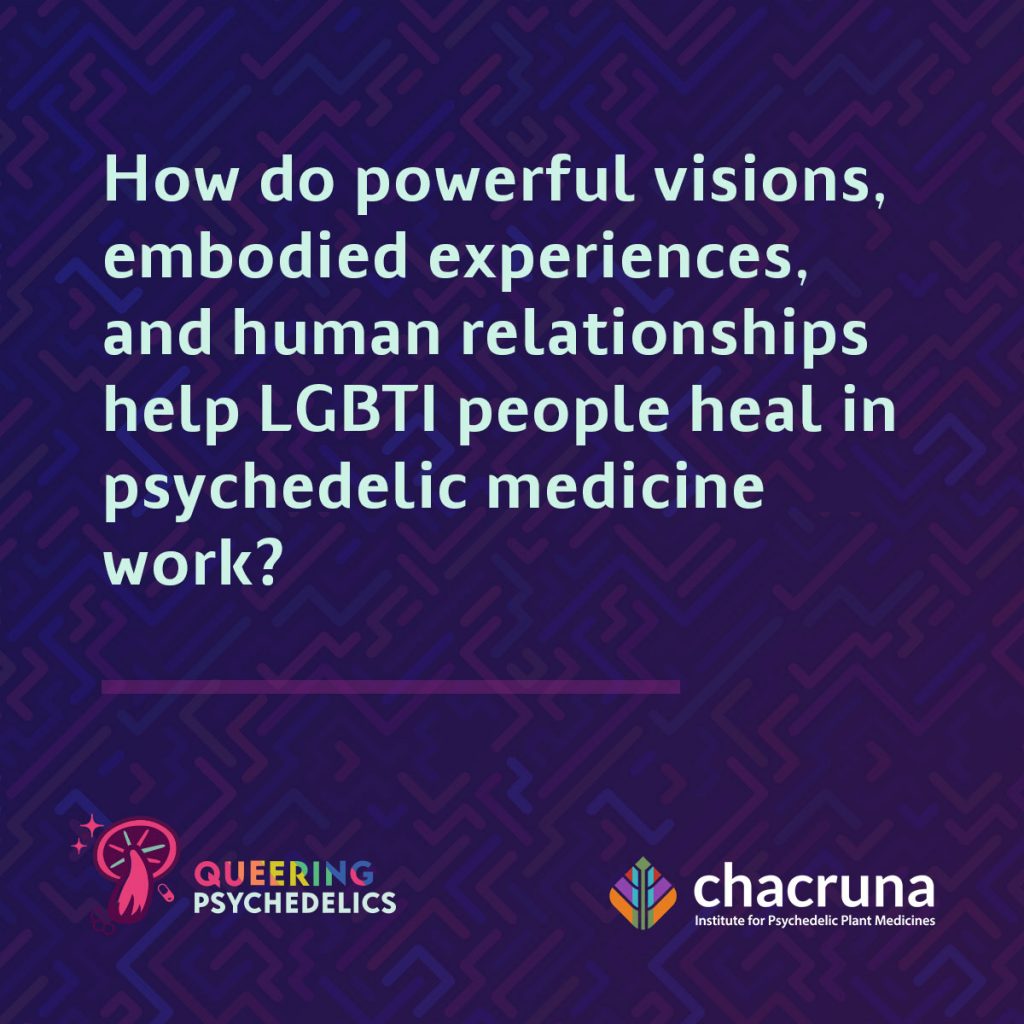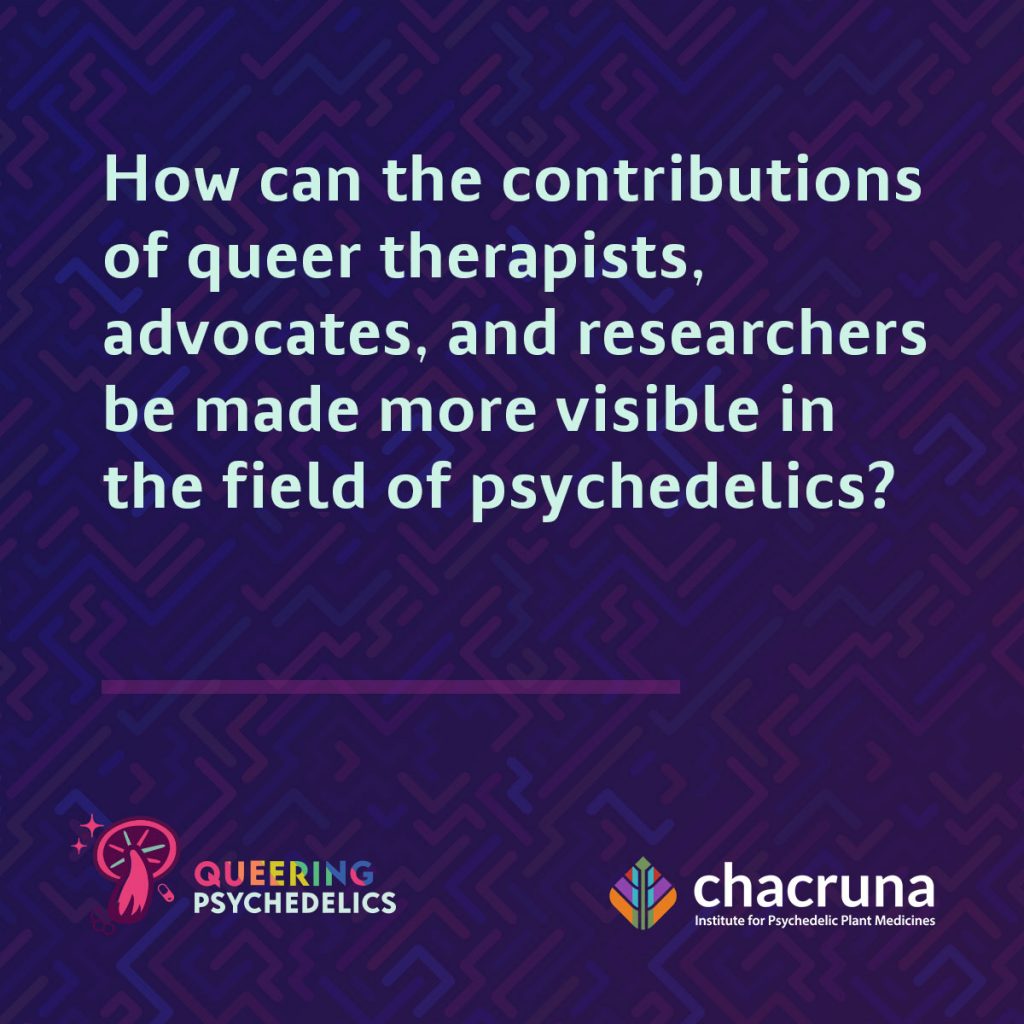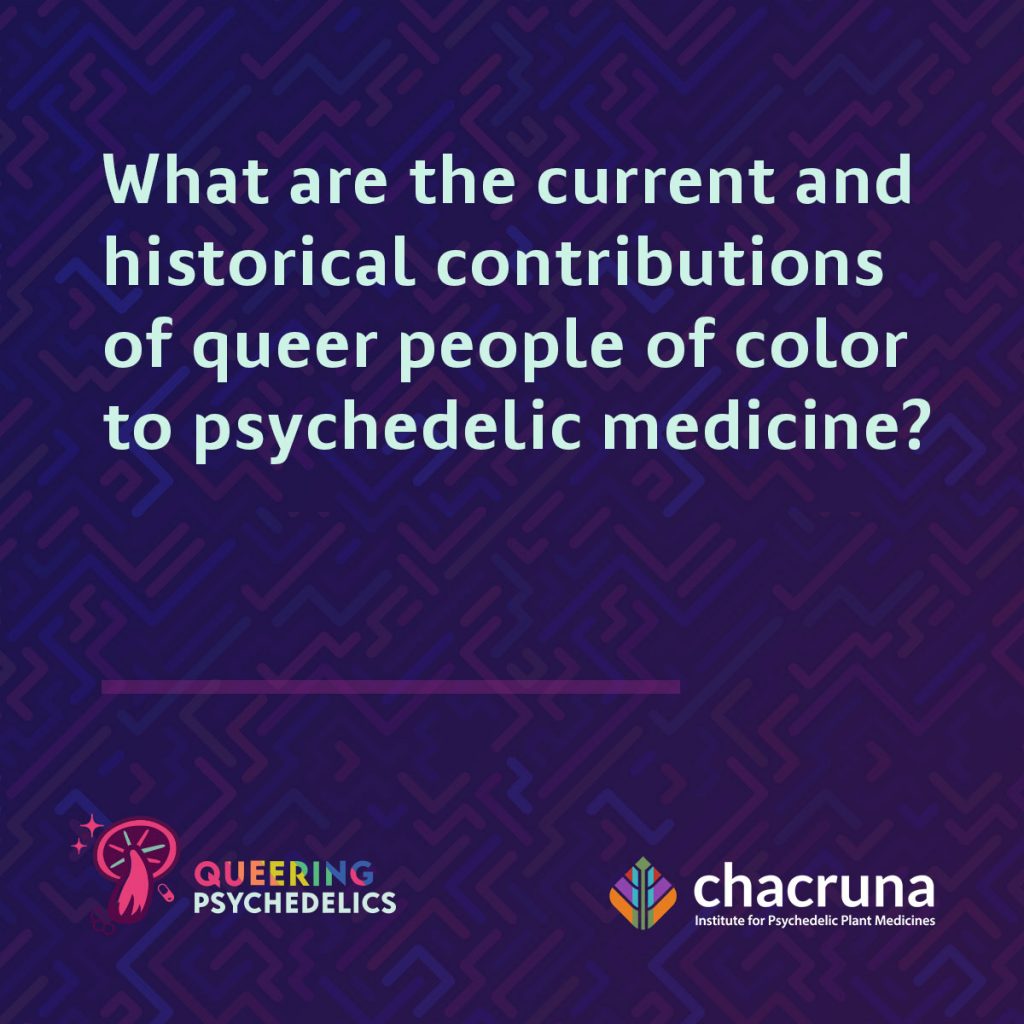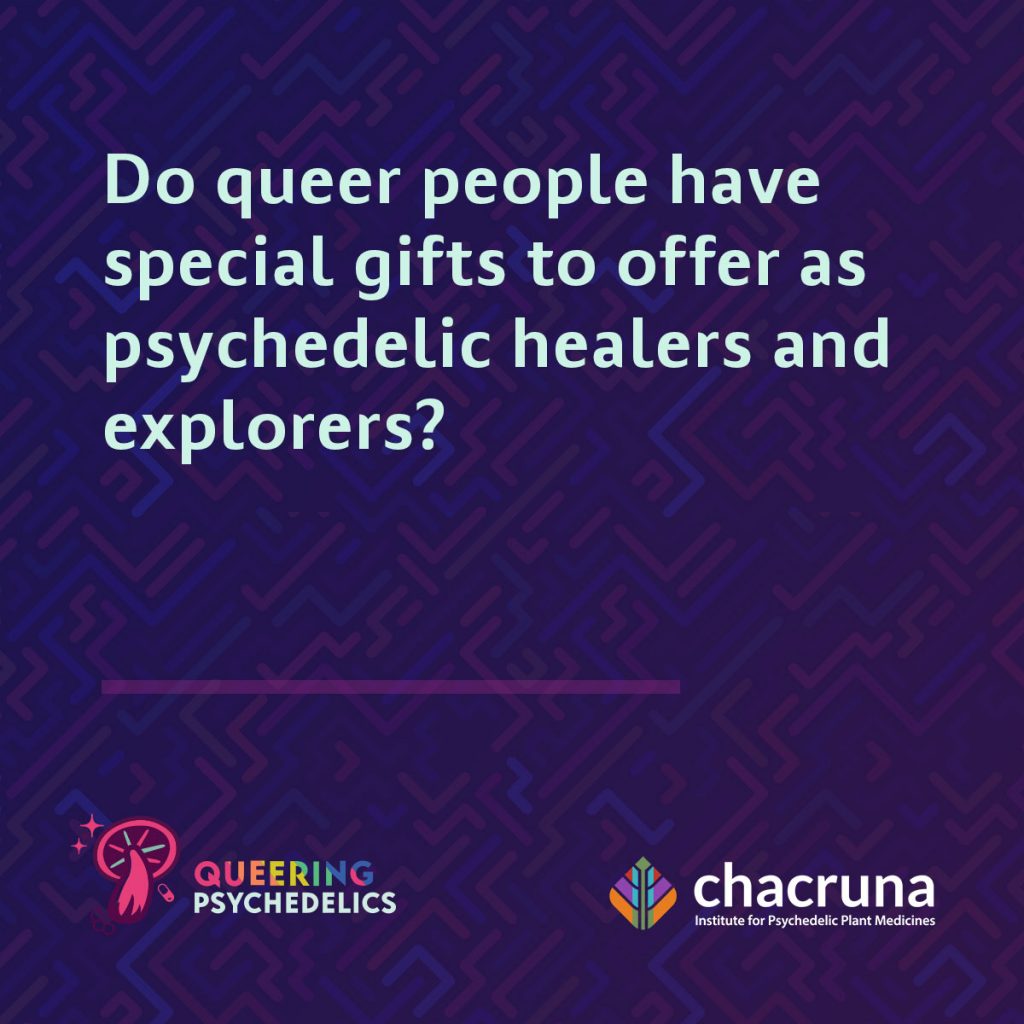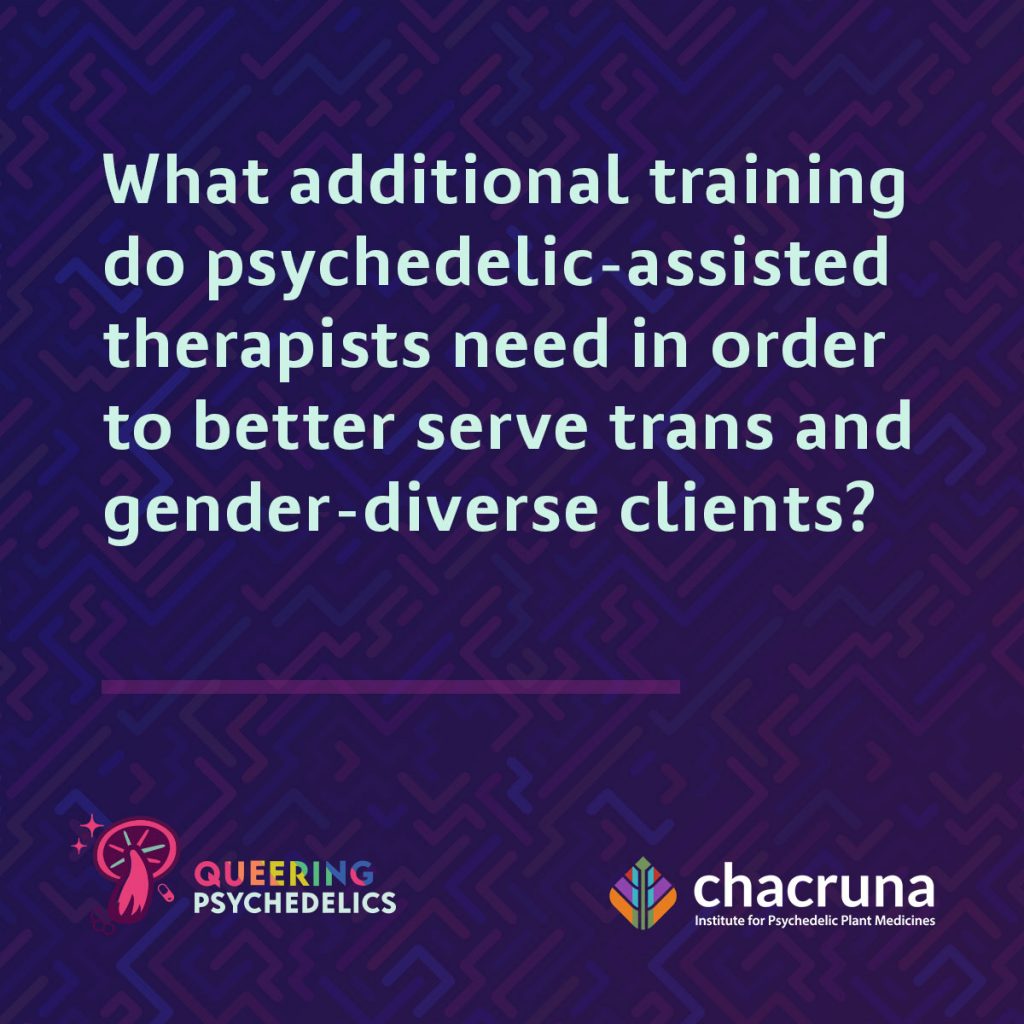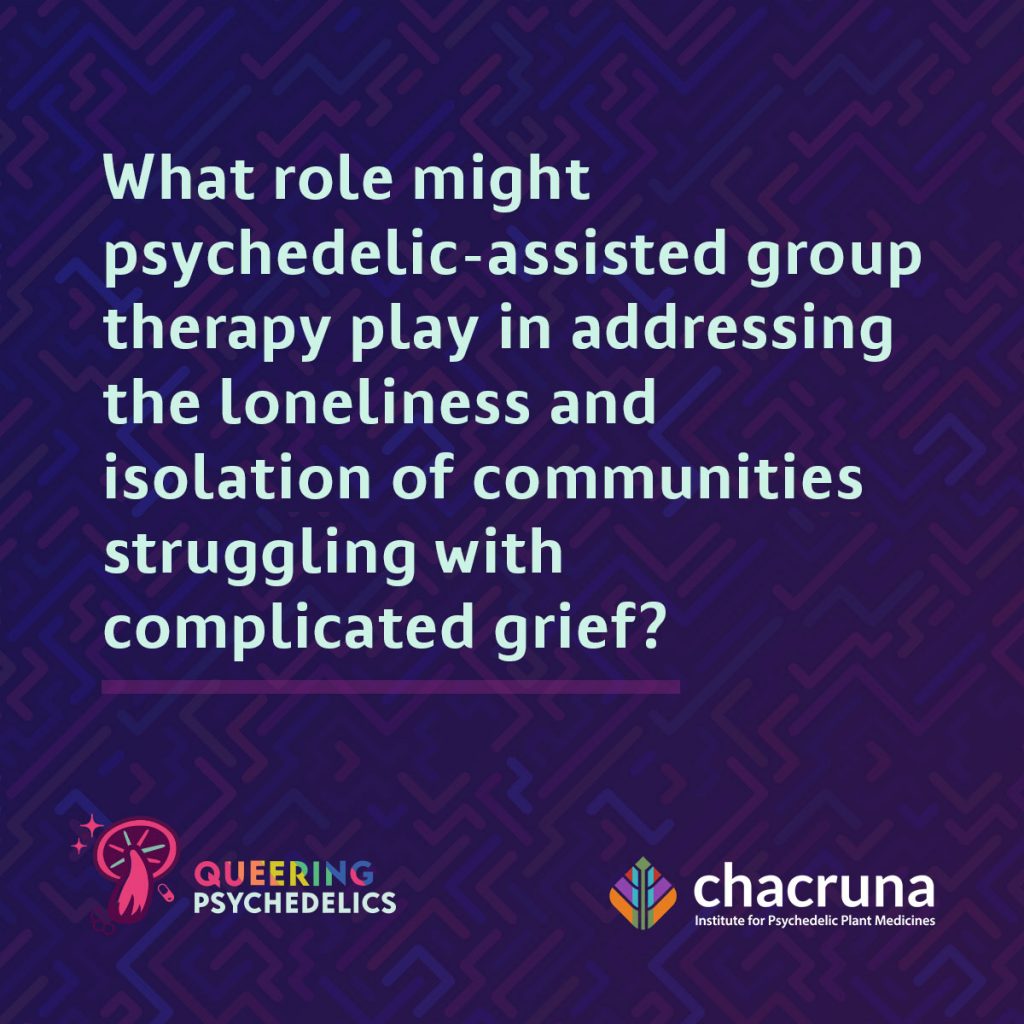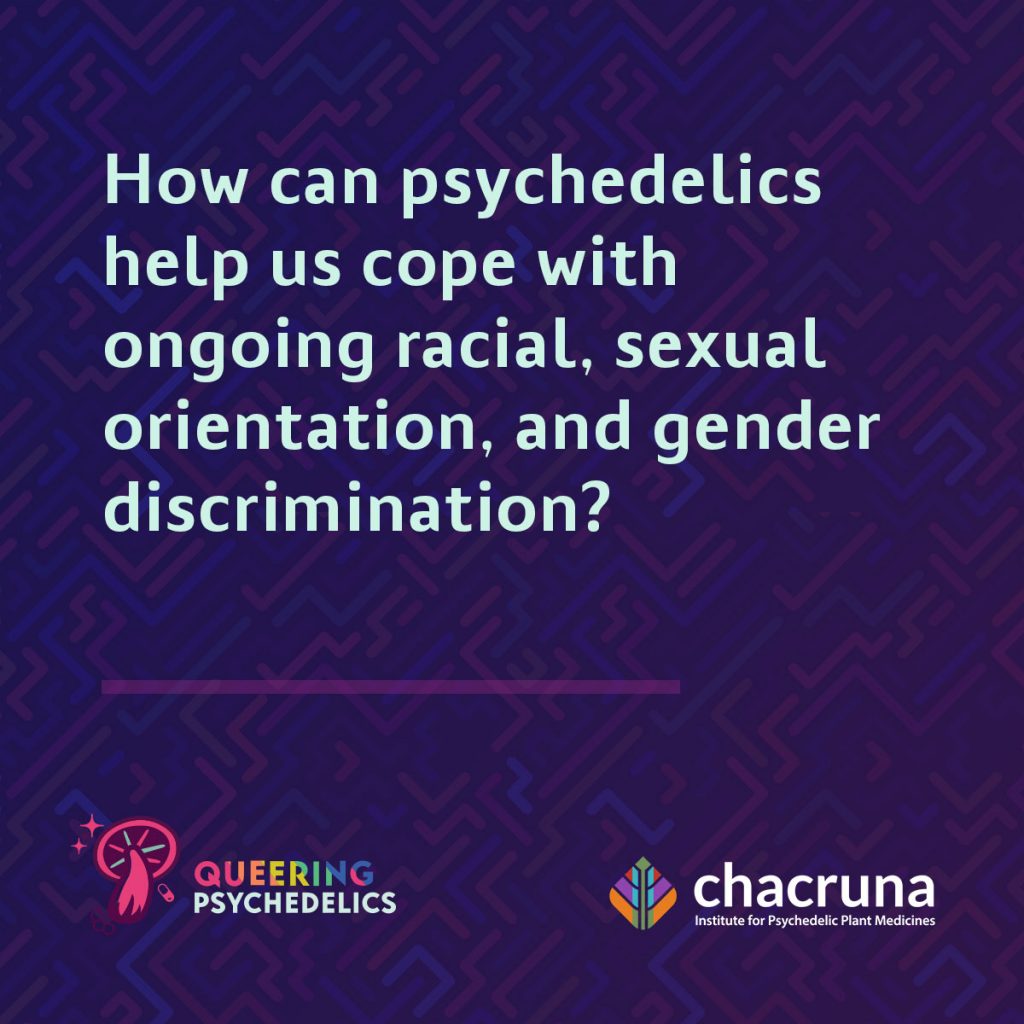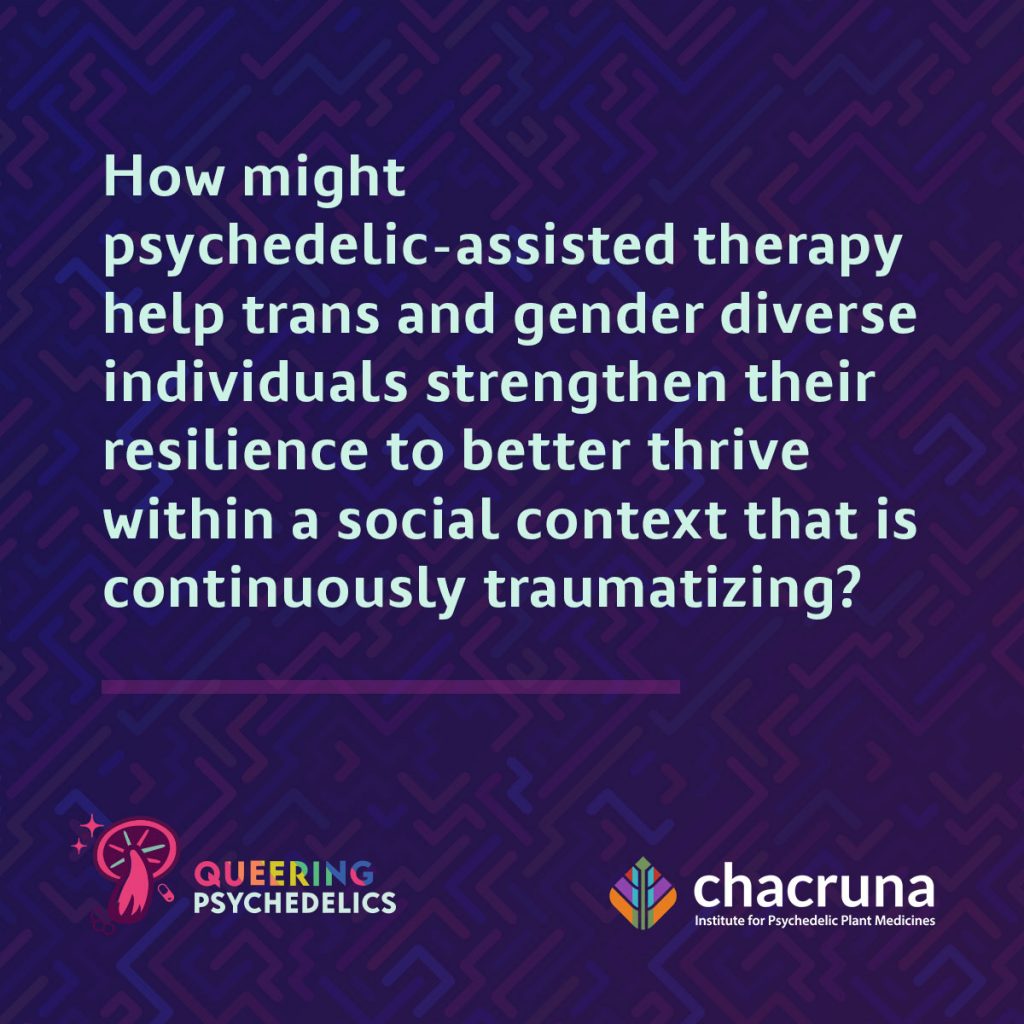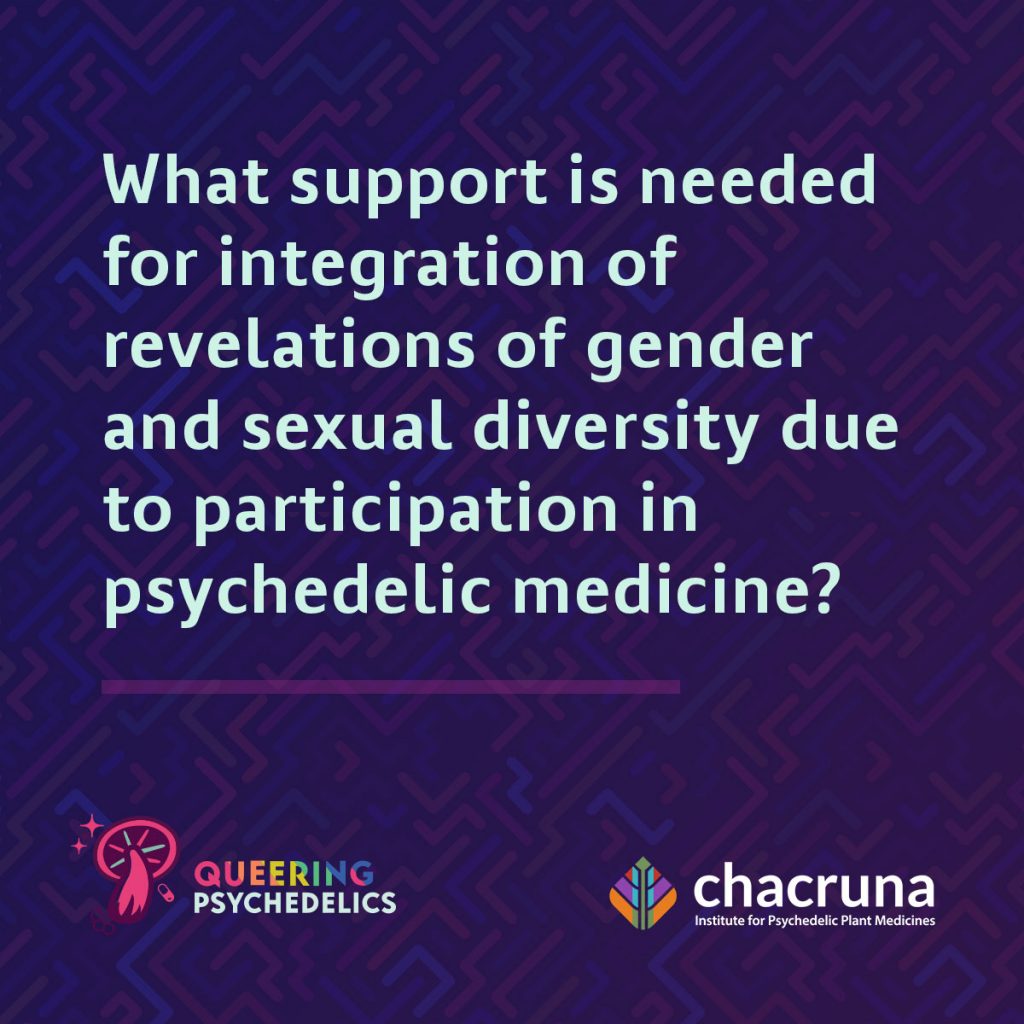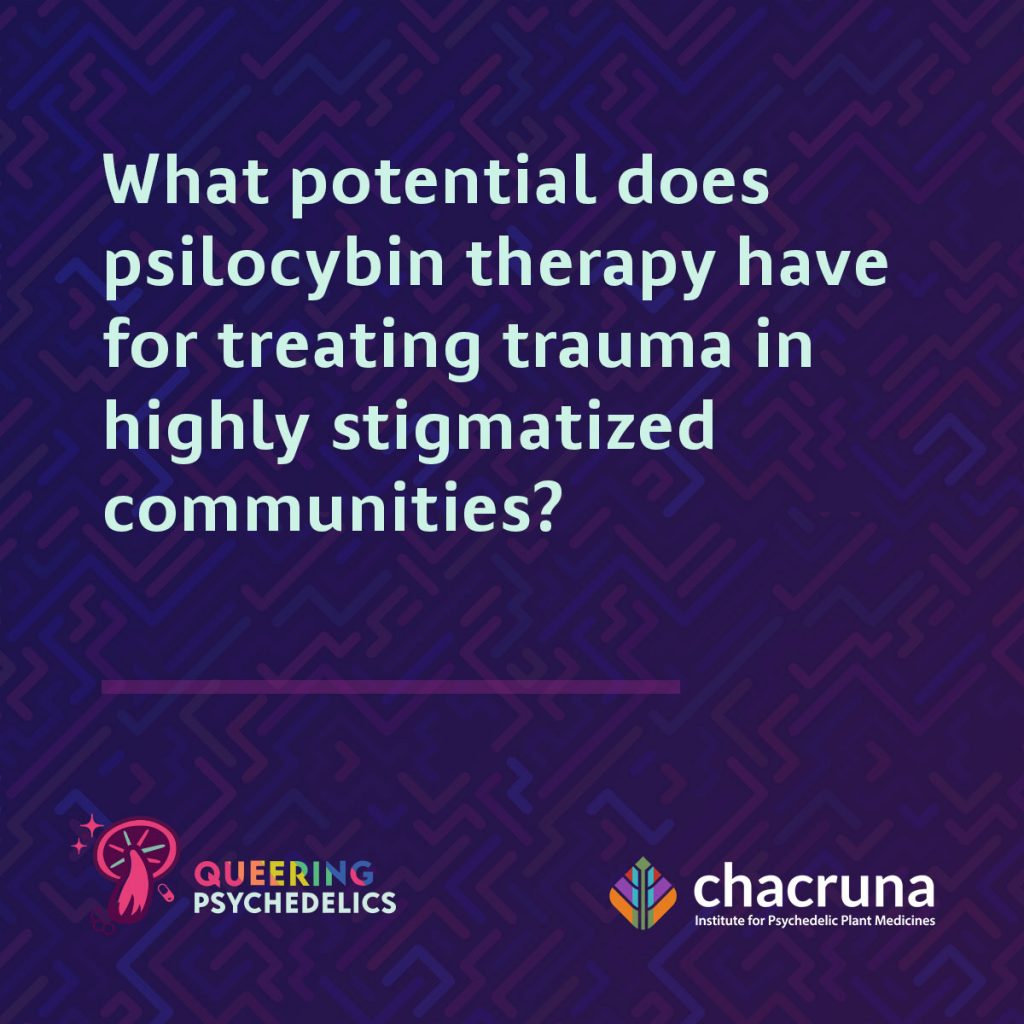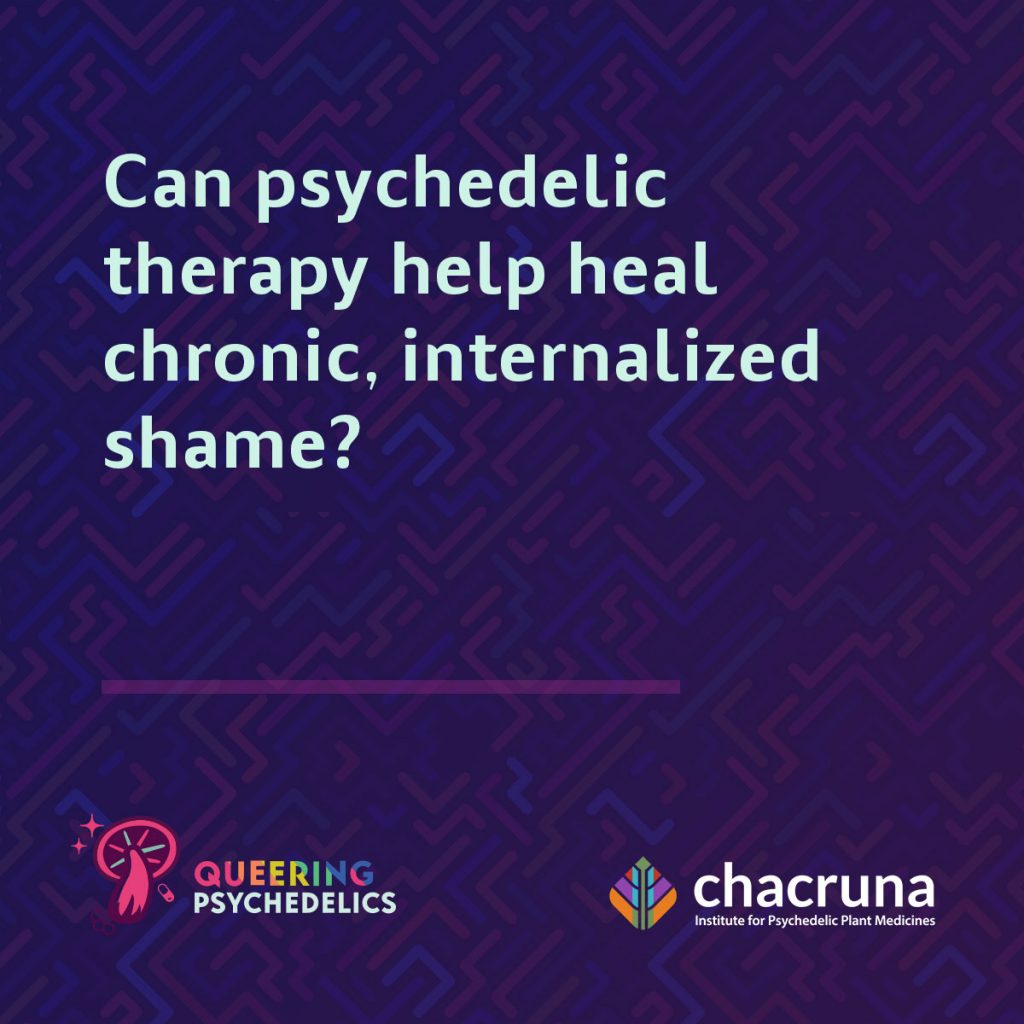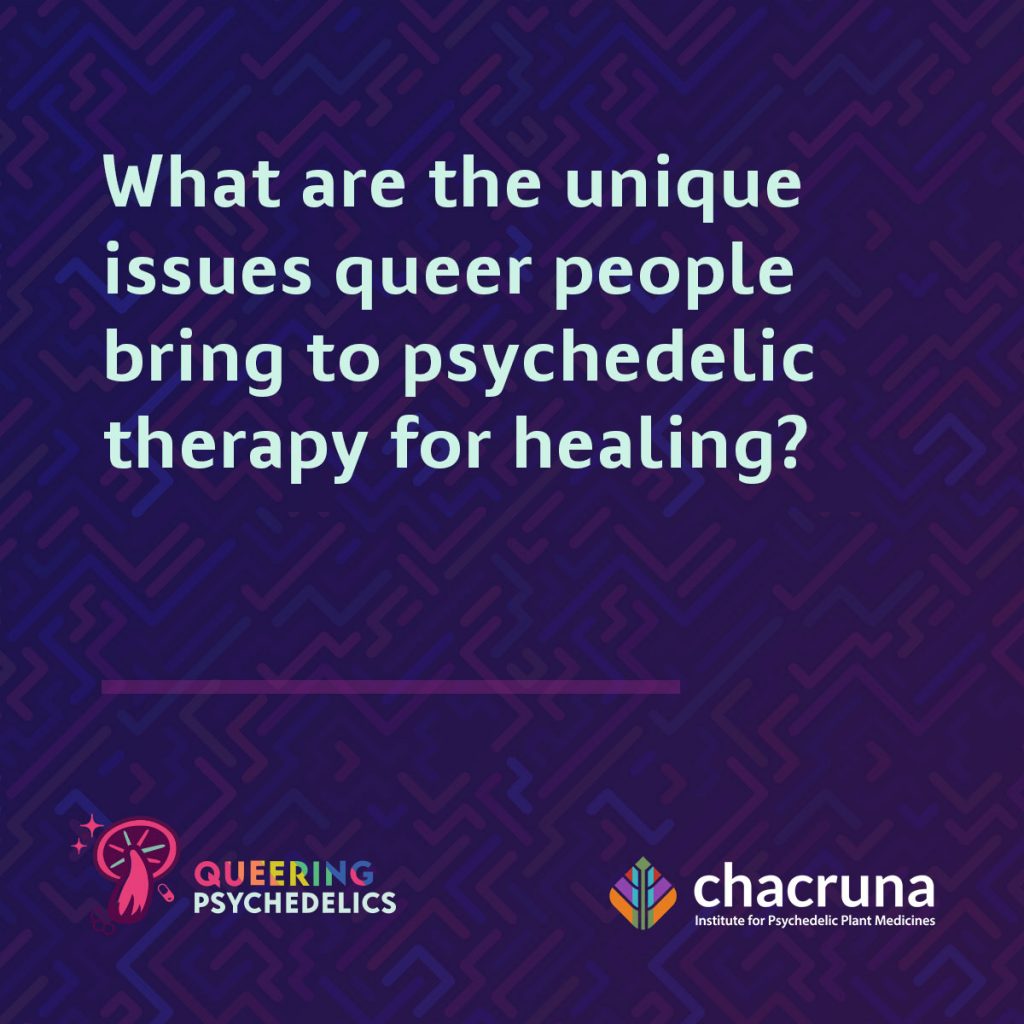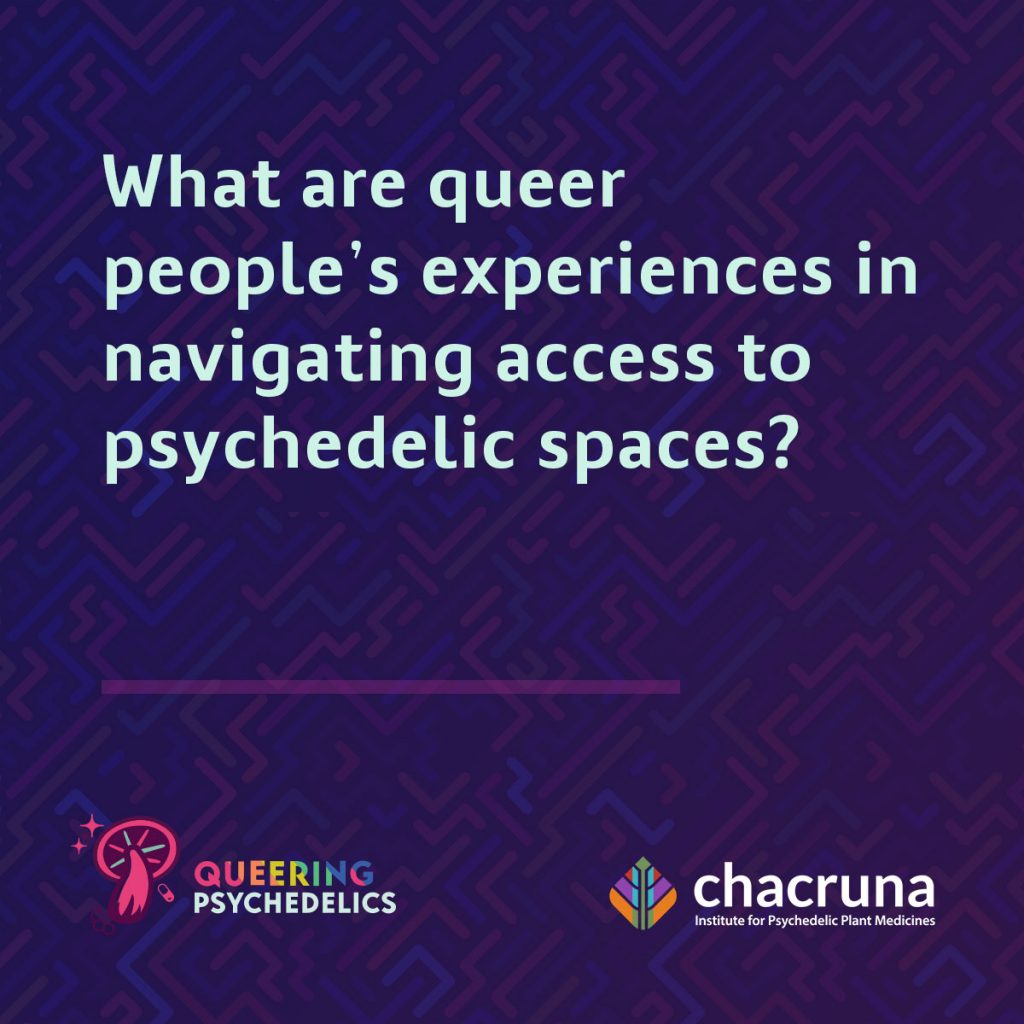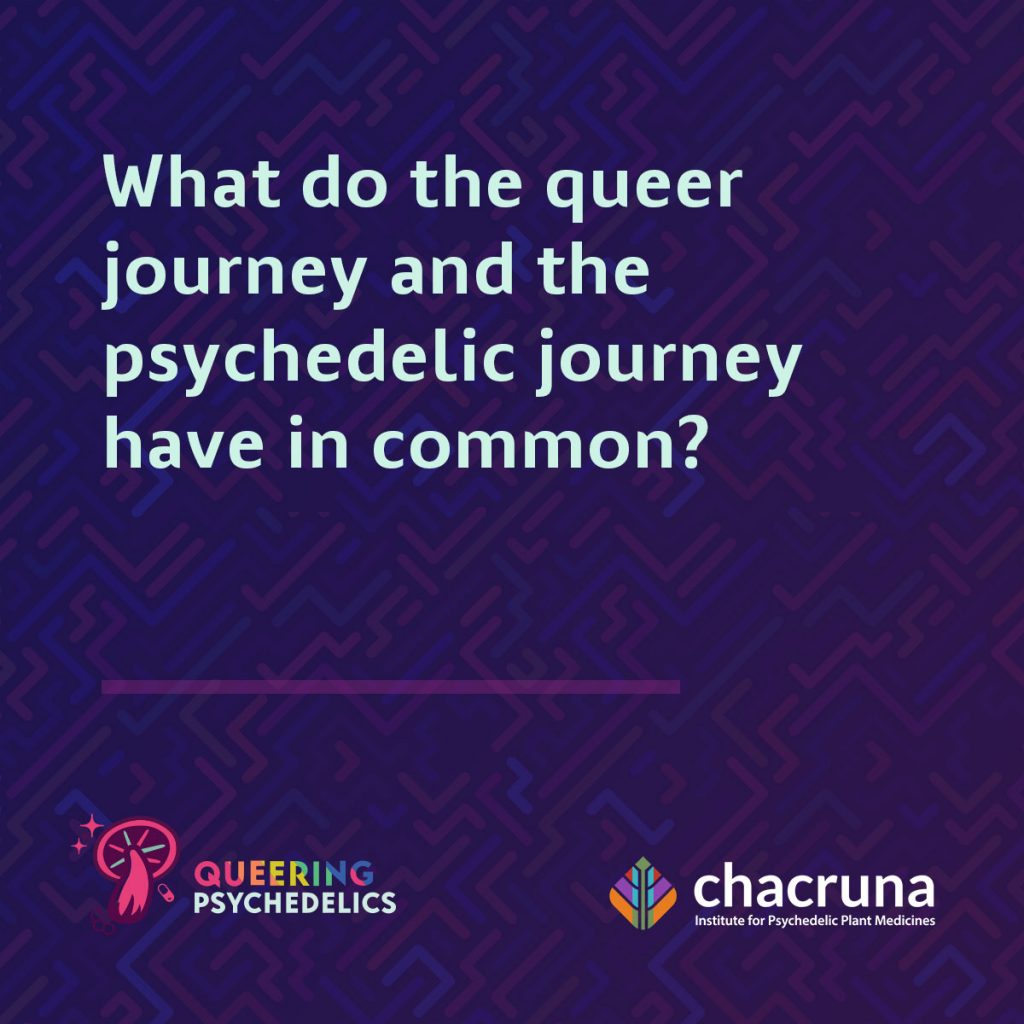- Meet Chacruna at Psychedelic Science 2025 - May 27, 2025
- Psychedelics and Attachment: Fundamentals, Implications, and New Frontiers - May 16, 2025
- Development Outreach Internship (OPEN) - May 6, 2025
Brava Theater Center, 2781 24th St, San Francisco, California
June 1 and 2 2019, 9 am to 6 pm
This 2-day conference is part of Chacruna’s Women, Gender Diversity, and Sexual Minorities speaker series. It highlights the voices of queer visionaries within the psychedelic community as well as examines the history of psychedelics from queer and non-binary perspectives. As the so-called psychedelic renaissance reaches a pivotal moment of mainstream interest and regulatory legitimacy, it is vital that traditionally under-represented communities share a seat at the table and have their voices heard so as to ensure access to all the benefits that psychedelics and plant medicine offer. Additionally, it is vital that queer spaces be established for exploring the unique needs, gifts, and strengths that LGBTQI communities bring to psychedelics and psychedelic medicine.
Presented by: Chacruna
Sponsors: MAPS, Comfort & Joy, Dr. Bronner’s, Auryn Fund, DoubleBlind, Psychedelic Society of Minneapolis, Soltara, Temple of the Way of the Light, and AYA Healing Retreats
Community Partners: Queer Dome, NEIP, Drogas, Política y Cultura, Botanical Dimensions, Tam Integration, San Francisco Psychedelic Society, Consciousness Hacking, Sage Integrative Health, SF Therapy Collective, Horizons, Psychedelics Today, OPEN Foundation, Bioneers, The Healing Powers of Psychedelics, Psychedelic Support, Psychedelic Psychotherapy Forum, The Psychedelic Society, The Beckley Foundation, Gender Illumination, Shine, Psychedelic Seminars, Heroic Hearts Project, Sacred Garden Community, Maloca Internationale, Toronto Psychedelic Society, Swedish Network for Psychedelic Science, DMT: The Spirit Molecule and ERIE
Article: “Why We’re Starting the Conversation Around Queerness and Psychedelics”
Article: “Why LGBTQI+ Members are Creating Their Own Ayahuasca Circles”
Article: “Queering Psychedelics Conference Aims to Expand Definitions, Minds”
Article: “Queering Psychedelics Couldn’t Come at a Better Moment”
Attendance
– 2 Day Full Conference Ticket Early Bird Ticket: $165 (Closed)
– 2 Day Full Conference Ticket: $180
– 1 Day Pass (Saturday or Sunday) Ticket Early: $100
– Student Discount Ticket: $80
– Continuing education credits: $ 50 per day
– Scholarship Tickets: Applications Closed
Registration & Tickets: Here
Scholarship Tickets:
Chacruna reserves a selection of scholarship tickets for those with limited financial means. For Queering Psychedelics, priority is being given to queer people of color, however everyone is encouraged to apply. If you would like to apply for a scholarship ticket, please send us a brief statement (250 words max) describing your interest in attending the conference and why you should receive a scholarship ticket. We will begin reviewing all applications after the deadline on April 15th and will notify those who have been awarded scholarship tickets on May 1st.
Deadline To Apply: April 15th, 2019
Notification of Award: May 1st, 2019
Please email your application statement to: Cristie Strongman at: [email protected] by April 15th, 2019. Please write “Scholarship Request Queering Psychedelics” in the subject line.
Information on Continuing Education Credit for Health Professionals (up to 11 hours CE):
– CE credits for psychologists are provided by the Spiritual Competency Resource Center (SCRC) which is co-sponsoring this program. The Spiritual Competency Resource Center is approved by the American Psychological Association to sponsor continuing education for psychologists. The Spiritual Competency Resource Center maintains responsibility for this program and its content.
– The California Board of Behavioral Sciences accepts CE credits for LCSW, LPCC, LEP, and LMFT license renewal for programs offered by approved sponsors of CE by the American Psychological Association.
– LCSWs, MFTs, and other mental health professionals from states other than California need to check with their state licensing board for approval.
– SCRC is approved by the California Board of Registered Nursing (BRN Provider CEP16887) for licensed nurses in California.
– For questions about receiving your Certificate of Attendance, contact Alexander Theberge at: [email protected]. For questions about CE, visit www.spiritualcompetency.com or contact David Lukoff, PhD at: [email protected].
For general inquiries, please e-mail Alex Theberge at: [email protected]
Program
Friday, May 31st, 2019 – Manny’s Cafe
8:00 – 10:00pm – Pre Conference Social Hour
Manny’s Cafe on 16th and Valencia Street – Free/no registration required
Saturday, June 1st, 2019 – Brava Theater Center
Moderator: Cristie Strongman
9:00 – 9:45am – Registration and open doors
9:45 – 10:00am – Bia Labate – Opening Remarks
10:00 – 10:50am – Kanyon Sayers-Roods – Queering the Landscape: Indigenous Perspectives on the Spiritual Ecology of Kinship, Land, and Responsibility
I am from the Indian Canyon band of Mutsun-Ohlone peoples and I am a spokesperson for the Association of Ramaytush Ohlone people, the lineal descendants of Yelamu (now San Francisco), the original people before contact. I offer an opening song and reminder of the importance of land acknowledgments and inclusion of Indigenous peoples in regard to futures decisions impacting our communities, the environment, and our future. I offer an indigenous, two-spirit perspective on the ecology of the land we stand on. As stewards of the land, we have a responsibility to our environment, always thinking ahead seven generations. I will talk about traditional ecological knowledge and respect for the plants and their abilities and the importance of recognizing native communities and seeking their blessing. The focus of my work is on offering opportunities to share indigenous perspectives and making a difference in the lives of others by sharing my life experiences and knowledge about California’s Native Americans, today’s common practices, and sacred site protections.
10:50 – 11:40am – Erik Davis – A Brief History of Queer Psychedelia
Psychedelic experience in the modern era has always been queer—not just in the sense of being enchanted, wayward, and weird, but in the more concrete sense that queerfolk have fundamentally shaped the substance, style, and spirituality of the psychedelic underground. Since at least the work of Havelock Ellis at the end of the last century, interest in psychedelic experience and non-heteronormative sexuality have been intertwined. Important progenitors of the psychedelic underground—including Aldous Huxley’s mentor Gerald Heard, the Beat writers Allen Ginsberg and William S. Burroughs, and the Harvard researcher-cum-Hindu guru Richard Alpert/Ram Das—were queer. The mass arc of the counterculture, from the sixties to today, is inconceivable without all manner of psychedelicized style queens, love-bomb DJs, and Dionysian mystics, including Hibiscus and the SF group the Cockettes, Loft party progenitor David Mancuso, the Radical Faeries, and the Sisters of Perpetual Indulgence, who helped establish the social mores of Burning Man. While sketching an overview of this vast and colorful history, this presentation will also interrogate the continuing radical potential of queer psychedelia in today’s era of assimilation and increasingly codified and discursively managed identities.
11:40 – 12:10pm – Break
12:10 – 1:00pm – Clancy Cavnar – “It’s Cool to Be Gay”: Psychedelics, Sexuality and Self-Acceptance
This presentation will explore the capacity of psychedelics to help people accept themselves, with a focus on acceptance of sexual orientation and gender. The tendency for psychedelics to reinforce positive qualities associated with mental health and spiritual attainment will be reviewed and the ways these qualities influence self-acceptance will be explored. Psychedelics are once again being used in psychiatric settings for various mental health indications, including to alleviate end-of-life anxiety, to combat depression and PTSD and to treat addiction; I suggest that psychedelics may be of use in helping gay, lesbian, and transgender people accept themselves in face of cultural resistance and judgment and thus live happier, more fulfilling lives. Using psychedelics to help deconstruct negative introjects absorbed from moribund cultural frameworks can be a way to utilize these substances to heal an oppressed population.
1:00 – 2:00pm – Lunch
2:00 – 2:50pm – Allyne Andrade – Are Black People and Queer People Allowed to Trip?
This talk will examine how societal privilege plays out in the psychedelic movement and what that specifically means for black people. We will discuss how the War on Drugs influences our experience with psychedelics. The War on Drugs is more than a century old in America, and has existed for over 50 years in Brazil, and has always been racist. The lesson was clear: Drugs make dangerous, animalistic “coloreds” even more dangerous. Jail them if they try it. The War on Drugs broke our communities and made any use of psychedelic a dangerous experience. You have to be in alert in order to survive this world. Mass incarceration, stigma, and police violence have forced our communities to refrain from the use of psychedelics in social settings or for healing. This presentation will provide ideas about how structural racism, sexism, and classism intersect and influence the experience of black communities in both Brazil and United States, and how the psychedelic movement can incorporate anti-racism practices.
2:50 – 3:40pm – Alexander Belser – A Queer Critique of the Psychedelic “Mystical Experience”
How do psychedelics work? Current research consistently suggests that a “complete mystical experience” is the mechanism of action that leads to symptom reductions. However, the standard measure privileges a certain type of mysticism (a monistic experience of the Void which is formless, shapeless, colorless, odorless, and soundless) and ignores other spiritual experiences. This narrow definition of mysticism was advanced by mid-twentieth century White heterosexual cisgender male researchers. I offer a series of critiques, drawing on qualitative research findings in two studies of psilocybin-assisted psychotherapy at New York University. (1) The current psychedelic research paradigm systemically undervalues the types of spiritual experiences reported by queer folks, women, indigenous people, and other marginalized groups. (2) Current research does not measure common mystical experiences, such as voices and visionary experience, pain and suffering, ecstasies, creative expression, spiritual longing and devotion, friendship and compassion. (3) Relational-mysticism, or experiences of the Real in relationships with other people, has been neglected in psychedelic research. (4) Mystical treatments which deny these experiences propagate heteronormative structures. Interviews with participants who have taken psilocybin suggest that mysticism is not one, but many. Findings from qualitative research suggest that we should pay attention to spiritual experiences that are embodied, envisioned, in relationship, and in nature — that psychedelic awakening is queerer than we thought.
3:40 – 4:10pm – Break
4:10 – 5:00pm – Dee Adams – Sitting in Liminal Spaces: Addressing the Needs of Gender and Sexually Diverse People in Psychedelic Medicine
It can be difficult for gender and sexually diverse (GSD) people to navigate psychedelic medicine spaces and integration, particularly in other countries. These spaces can be cultural and linguistic minefields to navigate. Does one share that they are not part of the hetero- and/or cisgender-normative collective? What could happen if this information is shared? Is there a risk or danger in this information becoming known? These types of questions, along with many others, can add additional stress and anxiety for participants. This presentation will explore my experiences in navigating psychedelic medicine spaces as a sexually and then gender diverse person, identify some of the needs of GSD people in psychedelic medicine spaces. The model I envision, the “liminal space model” is built on education, reciprocity, and right relationship. The aim of this approach is to create safe and affirming spaces for GSD people participating in psychedelic medicine spaces. I will finally share some personal experiences on how ayahuasca has helped me become who I am and accept it and be proud of it.
5:00 – 5:50pm – Terence Ching – Intersectional Insights from an MDMA-Assisted Psychotherapy Training Trial
The road to the current psychedelic renaissance in research on MDMA—the active ingredient of the drug known popularly as “Ecstasy”—for addressing treatment-resistant posttraumatic stress disorder (PTSD) has been fraught with political and academic bias, as well as cultural stigma among underserved populations. In this presentation, I will briefly chart the course of MDMA’s Schedule I classification and its stigmatized existence in the scientific literature to partly explain why there is poor minority participation in MDMA-assisted psychotherapy trials for PTSD. I will also explore how contextual factors, such as harsher penalties at the international level—including state execution—can dissuade minority participation in these trials. Importantly, I will go on to detail various forms of symbolism and insights from my own experience as a queer person of color being administered MDMA legally as part of a therapist training trial for MDMA-assisted psychotherapy, in hopes of radically destigmatizing this treatment approach for queer people of color. Themes to be covered will include: set and setting; cultural pride; LGBTQIA+ pride; acceptance of intersectionality; as well as patience, perspective, and strength in retrospection.
5:50 – 6:20pm – Break
6:20 – 7:00pm – Break out sessions
Session 1, facilitated by Aubrey Howard and Dee Adams: How can the contributions of queer therapists, advocates, and researchers become more visible in the field of psychedelics?
Session 2, facilitated by Jeanna Eichenbaum and Jessica Katzman: What are the unique issues queer people bring to psychedelics and psychedelic therapy for healing?
Session 3, facilitated by Adam Knowles and Alex Theberge: In what ways are psychedelics queer?
7:00pm – 12:00am – Reception & Party
Asiento on 2730 21st Street @ Bryant Street – Free/Register here
Sunday, June 2nd, 2019 – Brava Theater Center
Moderator: Gregory Wells
9:00 – 10:00am – Doors open
10:00 – 10:50am – Kevon Simpson – How to Cure HIV: Cultural Blind Spots That Psychedelics Can Help Us All Address
With current antiretroviral medication being so successful at suppressing and stopping the spread of the HIV virus, less cultural compassion has been the result for those who are newly diagnosed in a world far removed from the 1980s. That lack of humanity at the core of why the HIV virus even exists, is still being directed at LGBTQ people, and is revealing itself to be as disastrous as the current opiod crisis by the self-medicating that is happening in our community’s underbelly to heal from it. A place where “slamming” (injecting crystal meth) is becoming normalized; a place where older white males with money, offer younger POC an opportunity at a substance that will pause the shame for a little while, until they waste away. As an individual working up close and personal with such populations, this presentation offers a fresh, and sobering perspective told through the art, the music, and the experience of ritual that people of color have used to survive, before anyone realized we were left out of clinical research.
10:50 – 11:40am – Ariel Vegosen – Creating Pathways of Queer, Trans, and Non-Binary Liberation in This Time of Psychedelic Privilege
This talk will examine how societal privilege plays out in the psychedelic movement and what that specifically means for queer, trans, and non-binary community. Key topics covered will be the unique needs of marginalized community in a therapeutic setting; challenges of psychedelic use in a social setting; access to psychedelic healing; the impact of racism, classism, and colonization on psychedelic use; higher rates of misuse and abuse of substance in queer and trans community; and the emerging vision and implementation of Queer Zendo. Bringing 18 years of experience in inclusion, diversity, and experiential learning this presentation will provide ideas and tools for creating engaging pathways of inclusion and representation for queer, trans, and marginalized community in the current psychedelic movement.
11:40 – 12:10pm – Break
12:10 – 1: 00pm – Chris Stauffer – Examining the Queer Communities’ Healing Edge Through a Clinical Trial of Oxytocin-Enhanced Group Therapy for Methamphetamine Users
The queer community suffers from elevated health-related risks, such as depression, suicide, homelessness, targeted violence, HIV, and substance use disorders. This may be partially explained by the effects of societal scapegoating as a form of individual and collective developmental trauma. Oxytocin, an endogenous neuropeptide associated with the therapeutic effects of MDMA, plays a prominent role in social attachment dynamics. Oxytocinergic systems can become dysregulated as a result of developmental and relational trauma. Evidence exists suggesting that administration of oxytocin can enhance social salience, modulate stress reactivity, and promote unique anti-addiction effects. Results from a randomized, double-blind, placebo-controlled, clinical trial of oxytocin-enhanced group therapy for methamphetamine-using men who have sex with men will be presented. Linguistic and thematic analyses will be deconstructed to reveal important blind spots within the queer community where unresolved trauma is being unconsciously reenacted. For example, “identification with the aggressor” or perpetuated cycles of scapegoating can trap some LGBTQ individuals and subpopulations as holders of community shame. Finally, the potential of psychedelics in expanding queer consciousness, breaking down barriers and building bridges, and healing the queer community’s most vulnerable members will be considered.
1:00 – 2:00pm – Lunch
2:00 – 2:50pm – Tony Moss – Music and the Psychedelic Experience: A Queer View on Its Evolution and Pivotal Role in Shamanic, Psychedelic, and Therapeutic Practice
Music can heal, especially when intentionally shared and directed in a psychedelic, ceremonial, and/or therapeutic context. This musically-enhanced talk will explore the science and spirit of music used as a traditional and contemporary healing modality. The presentation will more specifically discuss music in consort with ayahuasca, and how it informed my study and understanding of the intersections of epigenetics, neuroplasticity, and Eastern mysticism. It’s now widely accepted that the trauma of our ancestors is stored in our DNA, with myriad scientific studies demonstrating that ancestors of traumatized populations experience greater physical and mental health challenges. While the scientific language around the phenomenon remains largely undeveloped, there is growing evidence that ayahuasca can heal trauma embedded into one’s epigenetics, getting to the root of deep and lingering issues often resistant to more traditional therapies. This neuroplasticity engendered by ayahuasca presents incredible potential for healing individuals and populations burdened with the collective traumas of history, a group that of course includes LGBTQI communities worldwide. In this talk, I will share how confronting my own ancestral and identity-related trauma resulted in a journey of transformation that challenged and “healed” all notions of cultural and sexual identity. I will also discuss the transformations I have witnessed during my 25 years of work in the ayahuasca space. I believe the incorporation of music in ceremonial contexts is crucial to this healing process, and this talk will present both my evidence for this assumption along with the music itself.
2:50 – 3:40pm – Brian T. Anderson – Psilocybin-assisted Group Therapy for Demoralization in Long-term HIV/AIDS Survivors
Long-term AIDS survivors are people living with HIV (PLWH) who were diagnosed early in the AIDS epidemic, when HIV was still considered a terminal diagnosis. Today, PLWH are living longer than ever expected, and 75% of PLWH are expected to be >50 years old by the year 2020. Like “cancer survivors,” long-term AIDS survivors experience increased rates of psychological distress (e.g., demoralization, complicated grief, depression) even long after their disease is controlled. Psilocybin-assisted psychotherapy is a promising experimental treatment for psychological distress among the medically ill. Clinical evidence and reports from traditional ceremonial usage of plant medicines suggest that a group therapy setting may enhance the safety and efficacy of psilocybin-assisted psychotherapy. In this talk we present preliminary findings from our clinical trial, which is the first modern study of psilocybin-assisted group therapy, and the only clinical trial of this novel intervention specifically for PLWH.
3:40 – 4:10pm – Break
4:10 – 6:00pm – Group Panel – Final Panel With All the Speakers
Speakers
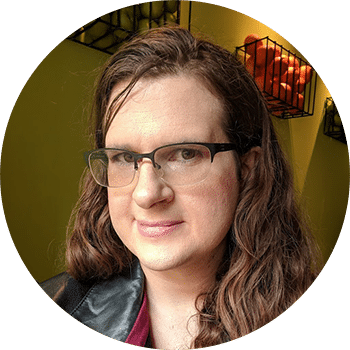
Dee Adams holds a Masters of Science in Public Health from Johns Hopkins School of Public Health in Baltimore, MD. She currently works as a global HIV advisor consultant and has supported national HIV programming for over 20 countries. Her primary focus in her work is supporting gender and sexually diverse people, sex workers, and drug users access health and healing services. She carries over this advocacy into psychedelic healing spaces and urges for the need to create safe spaces within psychedelic, plant medicine, and neo-shamanic communities. As a transgender woman, she navigates a variety of spaces all over the world and is emboldened by what she sees and experiences. She has authored and co-authored over 15 peer-reviewed journal articles and wrote global guidance documents for the World Health Organization. She is applying her skills and making a new foray into psychedelic medicine. She splits her home between Oklahoma and Johannesburg, South Africa. For more information, visit www.journeyswithdee.com
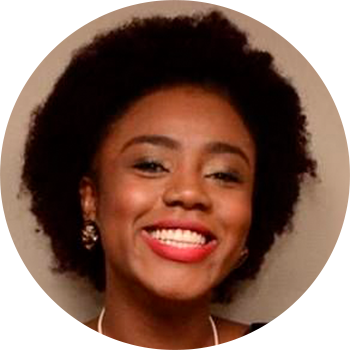
Allyne Andrade is a black feminist and Brazilian lawyer, with an LL.M at UCLA School of Law (concentration in critical race theory) and an MSc in human rights law at University of São Paulo. She was also a research assistant at Promise Institute of Human Rights at UCLA. Allyne’s last position was as Legal Educational Coordinator in the Brazilian Institute of Criminal Sciences (IBBCrim), where she developed and implemented training programs for criminal justice professionals. She has served several non-profit organizations since 2003. She has published two books in Brazil about race and education. She is author of Public Ministry and Ethnic-Racial Equality in Education: Contributions to the Implementation of Brazilian Education Law Amended by Law(Conselho Nacional do Ministério Público e Ação Educativa, 2015) and co-editor of Ethnic-Racial Relations in Education: Challenges of Implementing Law(Ação Educativa, 2016.)
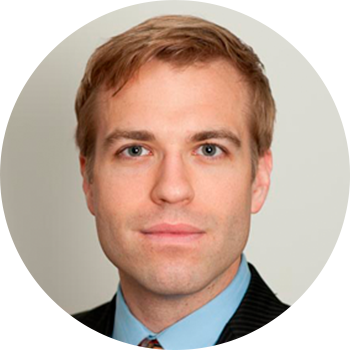
Alexander Belser, Ph.D. is a Clinical Research Fellow at Yale University, where he works to develop affirmative psychotherapies for LGBTQ people. His research with sexual minority people has focused on preventing suicide among adolescents and on the protective role of gay-straight alliances for students. Dr. Belser was a founding member of the Psychedelic Research Group at NYU in 2006 and is currently an Adjunct Faculty member at NYU’s master’s program in Counseling. He has been involved in a number of different psychedelic studies on depression, anxiety, OCD, addiction, trauma, and among religious leaders. He also serves as a study therapist for the MAPS study of MDMA-assisted psychotherapy for PTSD. He serves as a peer reviewer for the Journal of Psychopharmacology, and has published peer-reviewed articles on topics such as psychedelic mysticism, altruism, patient experiences in psilocybin-assisted psychotherapy, cancer and psychedelic therapy, case studies, and psilocybin treatment. His writing is available at http://alexbelser.com, and his private practice site is http://centerforbreakthroughs.com
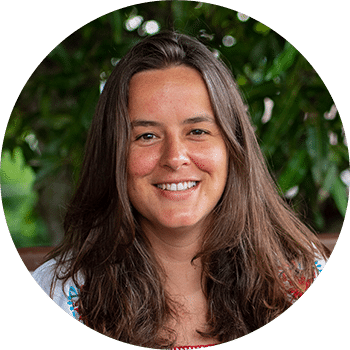
Dr. Beatriz Caiuby Labate (Bia Labate) is a queer Brazilian anthropologist who immigrated to the U.S. in 2017. She has a Ph.D. in social anthropology from the State University of Campinas (UNICAMP), Brazil. Her main areas of interest are the study of plant medicines, drug policy, shamanism, ritual, and religion. She is Executive Director of the Chacruna Institute for Psychedelic Plant Medicines (https://chacruna.net), an organization that provides public education about psychedelic plant medicines and promotes a bridge between the ceremonial use of sacred plants and psychedelic science. She is Adjunct Faculty at the East-West Psychology Program at the California Institute of Integral Studies (CIIS) in San Francisco, and Visiting Professor at the Center for Research and Post Graduate Studies in Social Anthropology (CIESAS) in Guadalajara. She is also Public Education and Culture Specialist at the Multidisciplinary Association for Psychedelic Studies (MAPS). She is co-founder of the Interdisciplinary Group for Psychoactive Studies (NEIP) in Brazil, and editor of NEIP’s website (http://www.neip.info), as well as editor of the Mexican blog Drugs, Politics, and Culture (http://drogaspoliticacultura.net). She is author, co-author, and co-editor of twenty books, one special-edition journal, and several peer-reviewed articles (http://bialabate.net).
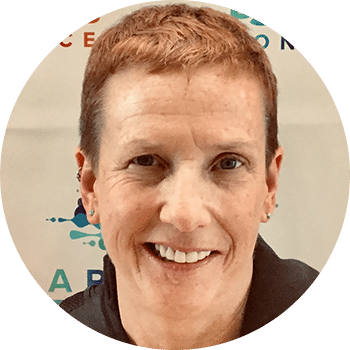
Clancy Cavnar has a doctorate in clinical psychology (Psy.D.) from John F. Kennedy University in Pleasant Hill, CA. She currently works in private practice in San Francisco, and is an Associate Director at Chacruna (https://chacruna.net). She is also a research associate of the Interdisciplinary Group for Psychoactive Studies (NEIP). She combines an eclectic array of interests and activities as clinical psychologist, artist, and researcher. She has a master of fine arts in painting from the San Francisco Art Institute, a master’s in counseling from San Francisco State University, and she completed the Certificate in Psychedelic-Assisted Therapy program at the California Institute of Integral Studies. She is author and co-author of articles in several peer-reviewed journals and co-editor, with Beatriz Caiuby Labate, of eight books. For more information see: http://neip.info/pesquisadore/clancy-cavnar
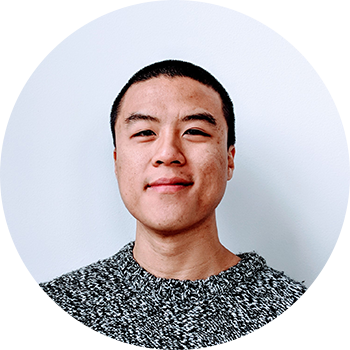
Terence Ching is a US-based Chinese Singaporean currently completing his Ph.D. in clinical psychology at the University of Connecticut (UConn). As a function of his clinical and research training, as well as his personal lived experiences, Terence has academic and clinical interests in the intersections between: 1. obsessive-compulsive disorder; 2. stress, trauma, and posttraumatic stress disorder; 3. cultural diversity based in race, ethnicity, sexuality, gender, etc.; and 4. psychedelic-assisted psychotherapy (see his published research at:https://www.researchgate.net/profile/Terence_Ching). Terence has also assumed a sub-investigator/co-therapist role in a prior trial of MDMA-assisted psychotherapy for PTSD, in which he infused the research process with culturally informed recruitment and assessment procedures. Terence is currently working on his doctoral dissertation on a mixed-methods case study of MDMA-assisted psychotherapy for PTSD in a participant of color, with an emphasis on uncovering novel mechanisms of therapeutic change via qualitative analysis.
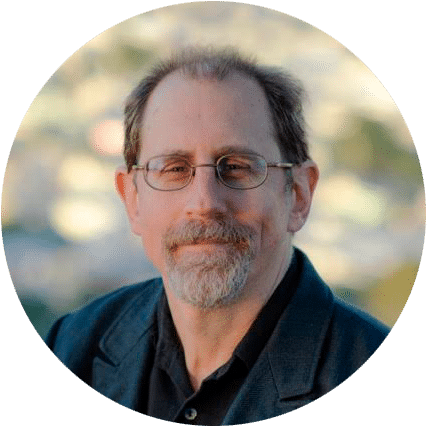
Erik Davis is an author, podcaster, award-winning journalist, and independent scholar based in San Francisco. His wide-ranging work focuses on the intersection of alternative religion, media, an the popular imagination. He is the author, most recently, of Nomad Codes: Adventures in Modern Esoterica. He also wrote The Visionary State: A Journey through California’s Spiritual Landscape, a short critical volume on Led Zeppelin, and the celebrated TechGnosis: Myth, Magic, and Mysticism in the Age of Information. His work has been translated into a dozen languages. Erik’s scholarly and popular essays on music, technoculture, and spirituality have appeared in scores of books, magazines, and journals, and his writing has been translated into a dozen languages. He explores the “cultures of consciousness” on his long-running weekly podcast Expanding Mind, on the Progressive Radio Network. Davis been interviewed by CNN, the BBC, public radio, and the New York Times. He graduated magna cum laude from Yale University, and earned his PhD in religious studies at Rice University. His next book, High Weirdness: Drugs, Visions, and Esoterica in the Seventies, will be out in the Spring of 2019 through MIT Press and Strange Attractor.
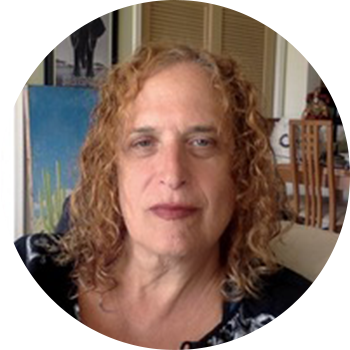
Jeanna Eichenbaum, LCSW is a psychotherapist with a private practice in San Francisco, specializing in sexuality and relationship concerns and trauma informed treatment, with an emphasis on serving the queer community.She graduated from the Masters of Social Welfare Program at the University of California-Berkeley with Honors, and was the Director of the Transgender Recovery Project at Walden House, the first residential drug treatment program in the country serving the transgender community. She completed the certificate program in Psychedelic Assisted Psychotherapy at CIIS, and has a strong interest in the use of these medicines for healing.
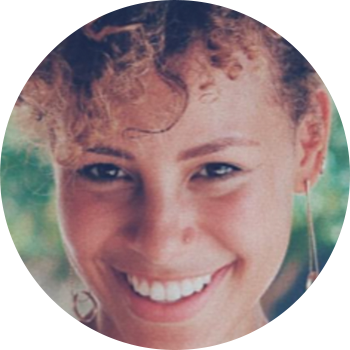
Aubrey Howard is trained in Vinyasa Krama yoga and finds expression and healing in her work as a transformational breath work facilitator. Her own challenges with anxiety and depression as a queer woman of color prompted her to look further at the mind and its influence on our physical health and wellbeing. It wasn’t long before she realized that an exploration of mind, spirit, consciousness and human potential was beckoning her. She sought out teaching from a shaman in Costa Rica and began working closely with two shamans in the Americas while developing her love and understanding for psilocybin mushorroms and ayahuasca. Currently residing in Philadelphia, she is in the process of creating a Psychedelic Integration Sanctuary where individuals can receive guidance and education while shifting the dialogue around plant medicines. She aims to create public conversation to go along with an evolving drug landscape in the West.
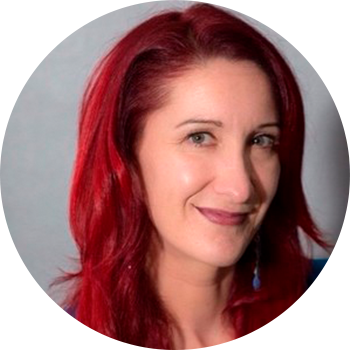
Dr. Jessica Katzman is a licensed psychologist, and was trained at California Institute of Integral Studies in transpersonal perspectives on healing. She is a co-founder of Healing Realms (www.healingrealmscenter.com), a center for depth-oriented ketamine assisted psychotherapy in San Francisco. In her private psychotherapy practice, she specializes in supporting LGTBQ+ folks (including collaborative consultation for gender affirmation processes), integrating psychedelic experiences, navigating nontraditional relationships, spiritual emergencies and bypasses, body image issues via a social justice framework, and addressing substance use from a harm reduction perspective. Her true passion is for welcoming those who may not feel as comfortable in all treatment spaces, and co-creating a vessel for exploration and understanding.

Adam Knowles PgDip is a member of Chacruna’s Women, Gender Diversity, and Sexual Minorities Working Group and contributes articles to the website. He is a London-based existential psychotherapist trained at Regent’s University London (UK) and maintains a small private psychotherapy practice after a 20+ year career leading teams in technology. He is a member of professional bodies the BACP and the SEA. Adam has published articles in the Reflections Journal about psychotherapy training and the Hermeneutic Circular on developments in Clinical Psychology. Past interests include campaigns to promote LGBT humanism. Current interests are crypto/blockchain and psychedelics, particularly ayahuasca, and the intersection of these developing technologies with psychotherapy.
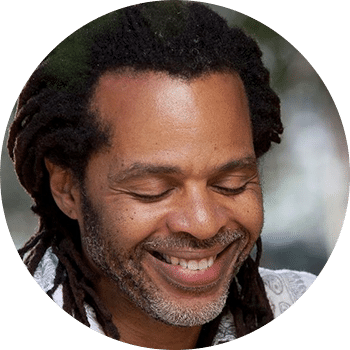
Tony Moss is a visual and recording artist, music and event producer, public speaker and founder of I.AM.LIFE, a Los Angeles-based non-profit event production company focused on interconnectivity. Moss’ work focuses on the spirit, experience and science of interconnectivity, which he believes is fundamental to a sustainable path forward for humanity. He produces projects and events that bring together modern and indigenous wisdom and knowledge, with an emphasis on the evolution of human consciousness fostering greater understanding of and reverence for nature. With over 20 years experience in the study of the psycho-spiritual use of ayahuasca and traditional and neo-shamanic technologies of healing and transformation, he is a public advocate for the legalization and responsible use of all plant medicines. Moss has spoken at numerous conferences in the United States and abroad, has been a featured guest on the Discovery Channel’s “Expedition Unknown”, several podcast including Zach Leary’s “It’s All Happening”, and is featured in several upcoming documentaries including “The Song That Calls You Home,” premiering at the 2019 World Ayahuasca Conference in Spain. His music is distributed internationally and will be featured in a variety of upcoming documentaries and media projects. For more information, see: https://www.tonymoss.me/
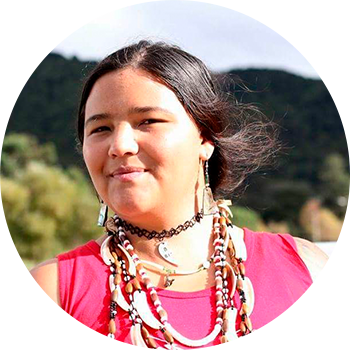
Kanyon Sayers-Roods is Costanoan Ohlone-Mutsun and Chumash; she also goes by her given Native name, “Coyote Woman”. She is proud of her heritage and her native name (though it comes with its own back story), and is very active in the Native Community. She is an Artist, Poet, Published Author, Activist, Student and Teacher. The daughter of Ann-Marie Sayers, she was raised in Indian Canyon, trust land of her family, which currently is one of the few spaces in Central California available for the Indigenous community for ceremony. Kanyon’s art has been featured at the De Young Museum, The Somarts Gallery, Gathering Tribes, Snag Magazine, and numerous Powwows and Indigenous Gatherings. She is a recent graduate of the Art Institute of California, Sunnyvale, obtaining her Associate and Bachelor of Science degrees in Web Design and Interactive Media. She is motivated to learn, teach, start conversations around decolonization and reinidgenization, permaculture and to continue doing what she loves, Art. Kanyon is also the Founder of Indian Canyon Two-Spirit Society, Cultural Director and COO of Costanoan Indian Research and Cultural Representative and Native Monitor for Indian Canyon Mutsun Band of Costanoan Ohlone People.
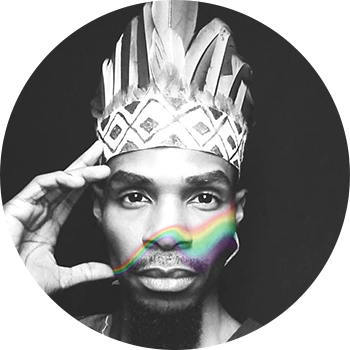
Kevon Simpson is an international healer who uses mindfulness and shamanism to help people create positive changes in their lives. He is from a Jamaican lineage of spiritual healers, and has over 15 years of healing experience in various modalities including movement, word, and sound. He specializes in cathartic poems and prayers for deep ceremonial soul retrieval sessions, while playing a hang drum, and other instruments. Trained in both Shipibo, and Quechua medicine lineages, hearing icaros or medicine songs can be expected in his company. Kevon cherishes ancient indigenous wisdom in regards to the use of plant medicines and their ability to heal, and awaken. He believes it to be a most promising route to building a better world for our future generations, and works to raise awareness in that regard through his group The Entheogen Integration Circle that primarily serves POC and their allies in NYC. He is currently working with Integration Retreats to create safe spaces in Jamaica for members of the African diaspora to heal with plant medicines, and is a proud member of the Artist Of Color Council of Movement Research (NYC).
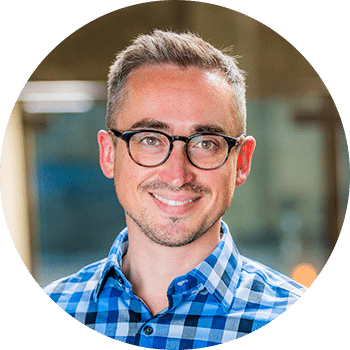
Chris Stauffer is dual board-certified in Psychiatry and Addiction Medicine, Assistant Professor of Psychiatry at the University of California, San Francisco, and the recipient of a Veterans Affairs Career Development Award. Clinically, he specializes in the treatment of substance use disorders and posttraumatic stress disorder. His research combines social psychopharmacology – such as oxytocin, MDMA, and psilocybin – with psychotherapy as treatments for PTSD and substance use disorders. Relevant project roles include: Principal Investigator of a UCSF-sponsored clinical trial of oxytocin-enhanced group therapy for methamphetamine-using men who have sex with men, sub-investigator and lead therapist at the UCSF site for MAPS-sponsored trials of MDMA-assisted psychotherapy for severe PTSD, and co-investigator and therapist for UCSF’s trial of psilocybin-assisted group therapy for demoralization in longterm AIDS survivors.
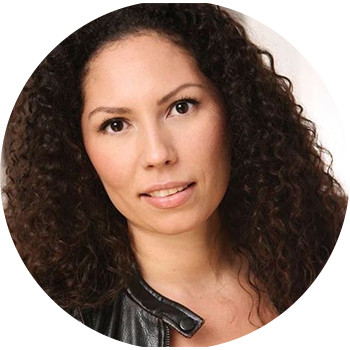
Cristie Strongman, M.A., is Chacruna’s Director of Inclusion and Diversity and is a graduate student in psychological counseling at Teachers College, Columbia University with a bilingual (English/Spanish) concentration. She holds a Master’s Degree from Columbia University, in Regional Studies: Latin America and the Caribbean, where she studied the mimesis of indigenous rituals in urban landscapes that are performed by contemporary shamans, and the impact that globalization has on indigenous traditions as they intersect with the interests of urban, non-indigenous people. She holds a Bachelor’s Degree in Sociology from Hunter College, City University of New York, where she studied the intersectionality between the sociology of entheogens in urban spaces, and drug policy in the United States. Her academic interests focus on Indigenous traditions of medicine and on the wellness model of mental health counseling. She is a classically trained opera singer who enjoys performing new compositions with experimental-sound-techniques of instrumentation. Cristie is originally from Colón, Panamá.
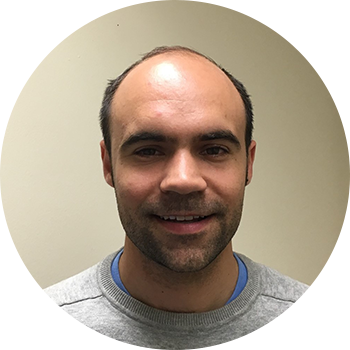
Brian T. Anderson is a psychiatrist and postdoctoral fellow at the San Francisco VA and the University of California San Francisco where he is the study lead for the university’s first clinical trial of psilocybin-assisted psychotherapy. Brian has also been a member of the Núcleo de Estudos Interdisciplinares sobre Psicoativos (NEIP) since 2006 and currently is Associate Director of the Chacruna Institute for Psychedelic Plant Medicines. Over the past decade he has conducted ethnographic research with ayahuasca religions, 12-Step recovery groups, and other communities of substance users in North America, South America and Europe.
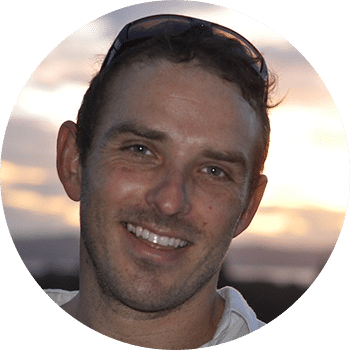
Alex Theberge, MFT is a Licensed Marriage and Family Therapist based out of San Francisco specializing in psychedelic integration and support. He has been exploring psychedelics for 25 years, has spent several years living in the Peruvian Amazon studying ayahuasca shamanism and facilitating plant medicine ceremonies, and continues to lead plant medicine retreats to Peru. Previously, Alex worked at the University of California San Francisco’s Langley Porter Psychiatric Institute where he was a staff therapist and Program Manager in the Partial Hospitalization Program. Alex has a 15 year history of working in diverse clinical and healing settings including community mental health, residential treatment, and hospice care.
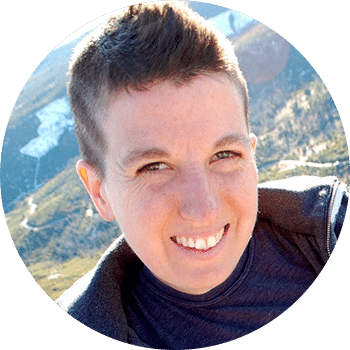
Ariel Vegosen is a gender and diversity inclusion expert, professional facilitator, trainer, educator, writer, consultant, coach, performance artist, liberation advocate, public speaker, healer, and lover of life. Ariel is the founder and director of Gender Illumination (www.genderillumination.com) and CEO of Shine (ShineDiversity.com). For the past 18 years Ariel has facilitated trainings, workshops, retreats, and written curriculum and policy for organizations, corporations, non-profits, schools, health care providers, universities, and faith based groups all over the U.S. and internationally. Ariel has facilitated Gender Inclusivity and Diversity Trainings for major tech companies, policy institutions, healing centers, and communities. Ariel is the creator and facilitator of Drugs: The Good, The Bad, and The Ugly – a workshop designed to address both the benefits of psychedelic healing as well as the challenges of drug misuse, addiction, and overdose. Ariel is committed to creating a Queer Zendo and training psychedelic therapists in the specific needs of LGBTQ and all marginalized communities. Ariel is a ritualist, ordained Kohenet Priestess, and graduate from the Pacific School of Religion Changemaker Fellowship with a Certificate of Spirituality and Social Change. Along with gender justice, Ariel’s work focuses on intersectionality, consent, commitment to working from an anti-oppression lens, and creating communities across diverse cultural backgrounds. Ariel loves to play with pronouns, bring joy into all aspects of life, and creatively spark conversations and connections. Ariel is available for trainings, workshops, teaching, consulting, healing, ritual sessions, performing, and speaking engagements.
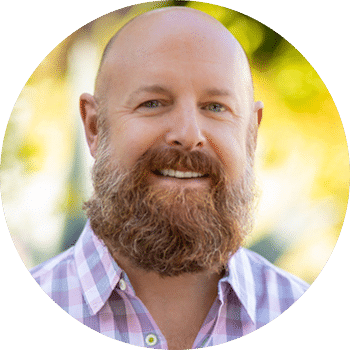
Gregory Wells, PhD is a a graduate of the University of Texas at Austin and currently works as a psychologist in private practice in San Francisco. He is is also a clinical researcher as part of the MAPS-sponsored research trial of MDMA assisted psychotherapy for PTSD where he is in the roles of co-principal investigator and co-therapist. He is also a co-founder of Polaris Insight Center (www.polarisinsight.com) where he provides ketamine assisted psychotherapy and conducts research on the efficacy of ketamine to treat depression and other issues. Other interests include travel, traditional shamanic healing practices, and plant medicines.
Sponsorship Opportunities Available
Sponsorship helps Chacruna to make this conference affordable and accessible to the public and ensures a diversity of speakers and voices are heard. We have intentionally kept ticket prices low given the high costs of organizing an event in San Francisco.
Sponsors receive recognition for their support of Queering Psychedelics at the event, on our social media channels, on our conference website, and in the video recordings of the event.
All sponsorship donations are tax-deductible as a donation through our fiscal sponsor, the Multidisciplinary Association for Psychedelic Studies (MAPS), a 501(c)(3) non-profit research and educational organization.
Please email Alex Theberge at: [email protected] with inquiries regarding sponsorships.
Let’s explore the intersection between queer culture and psychedelics! Join us!

Sponsors
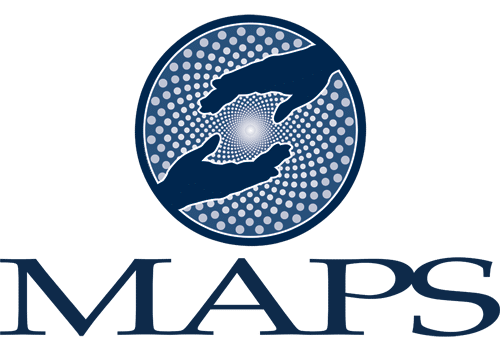
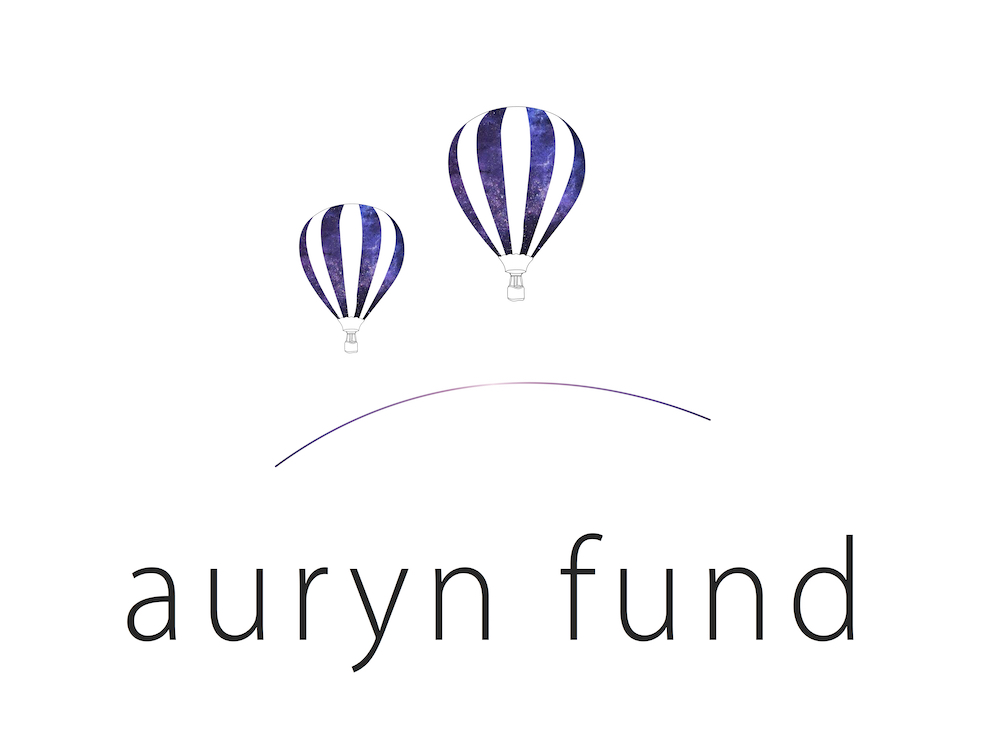


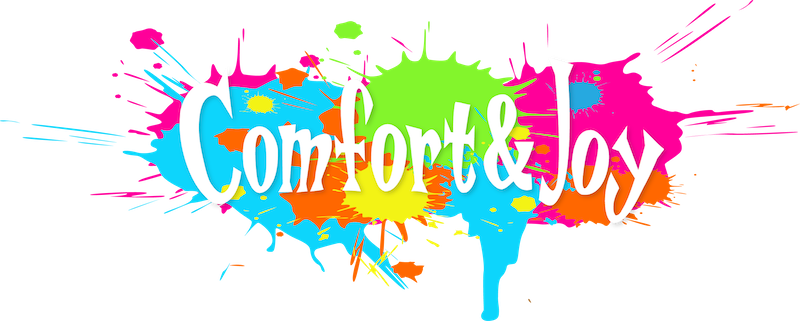

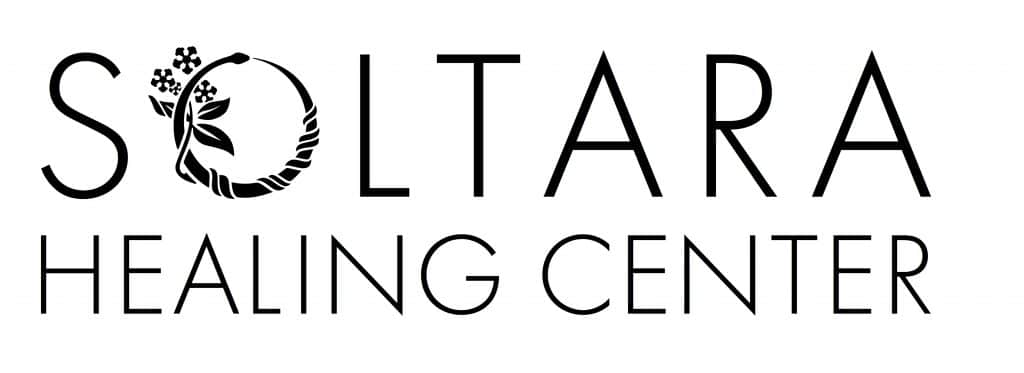


Community Partners

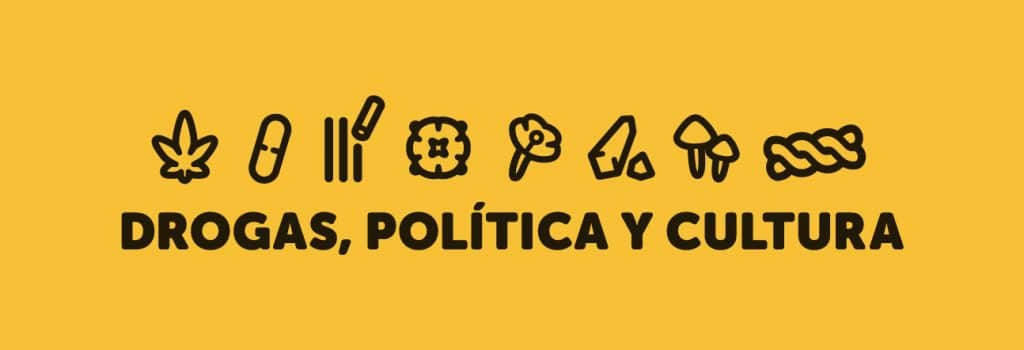
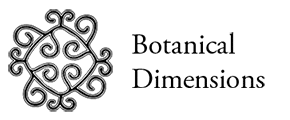
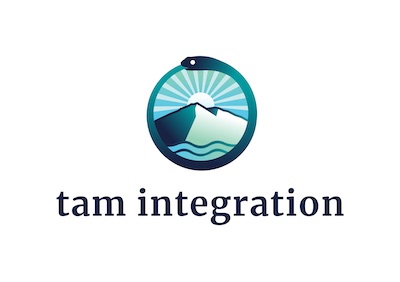
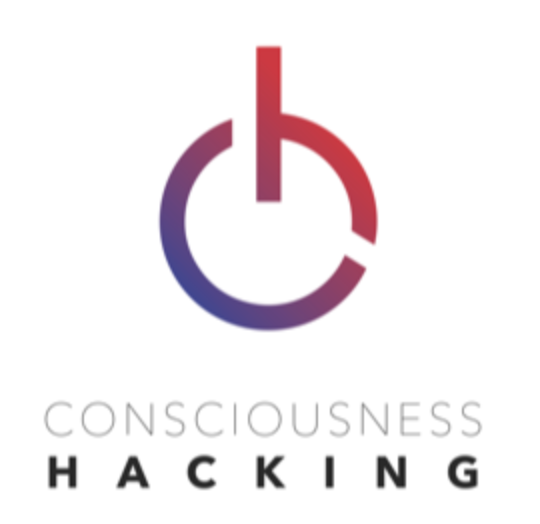

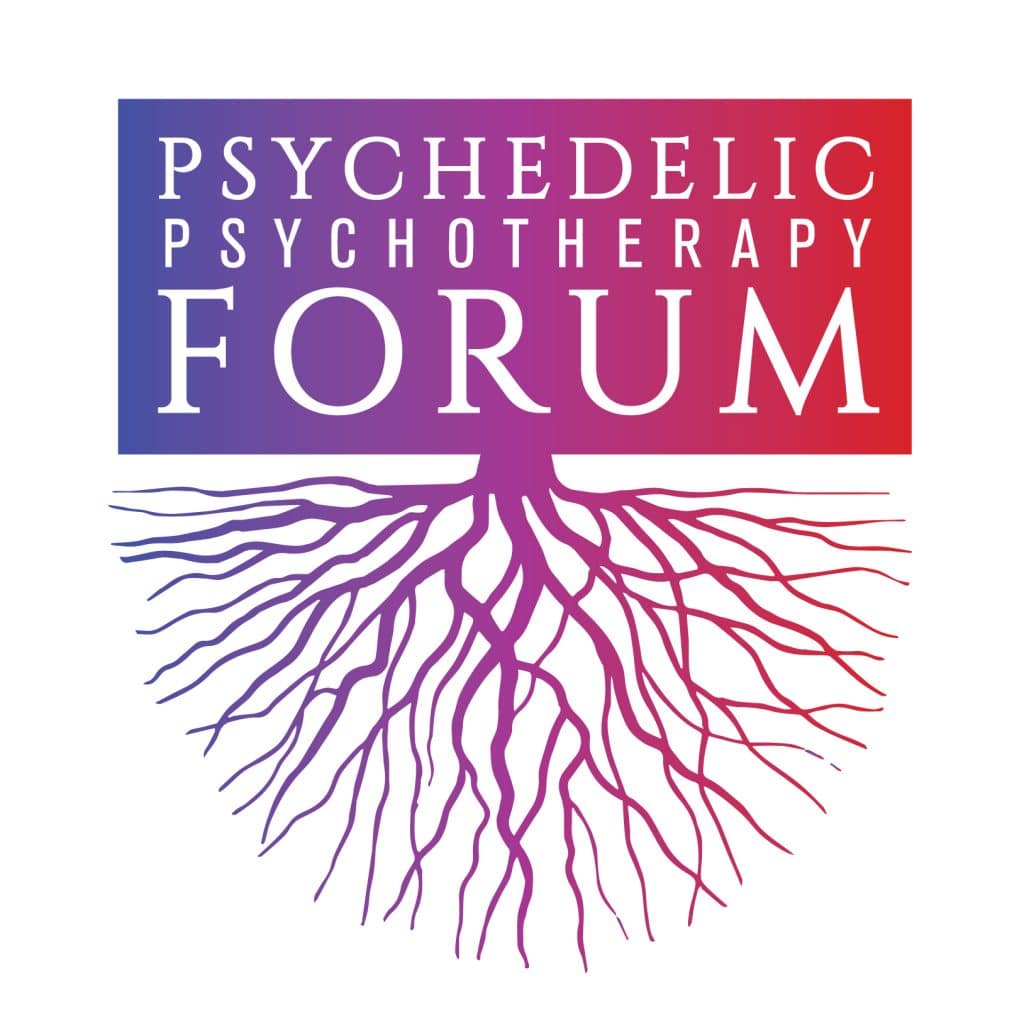
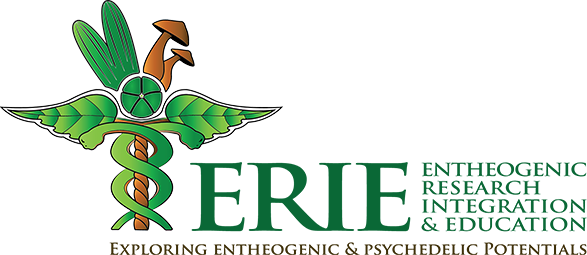
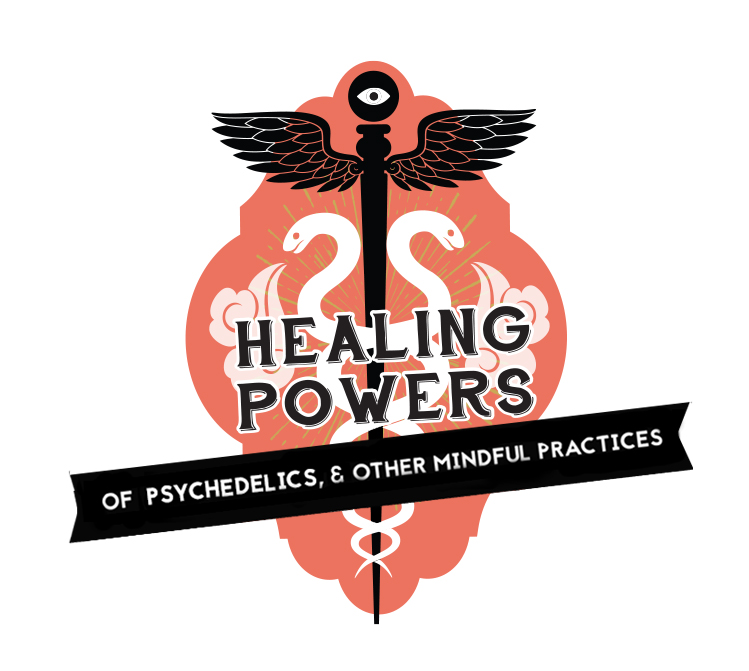
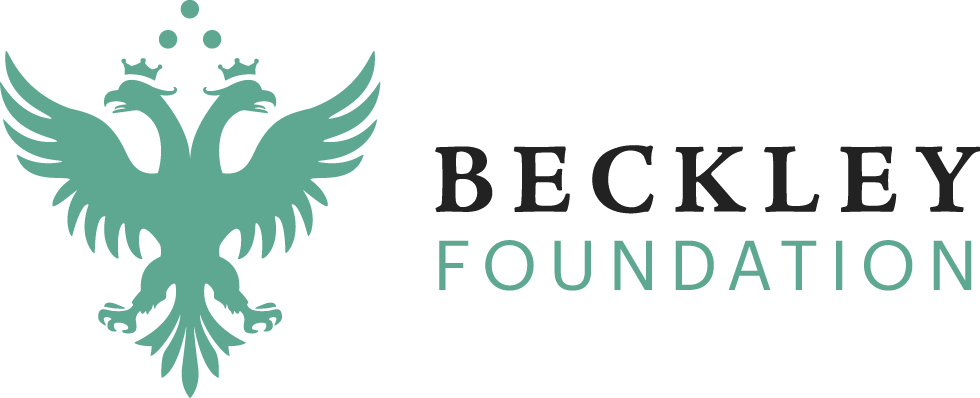
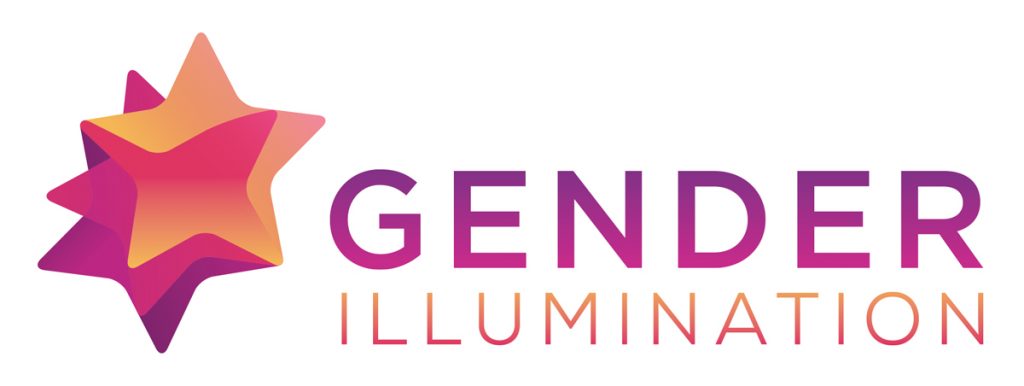
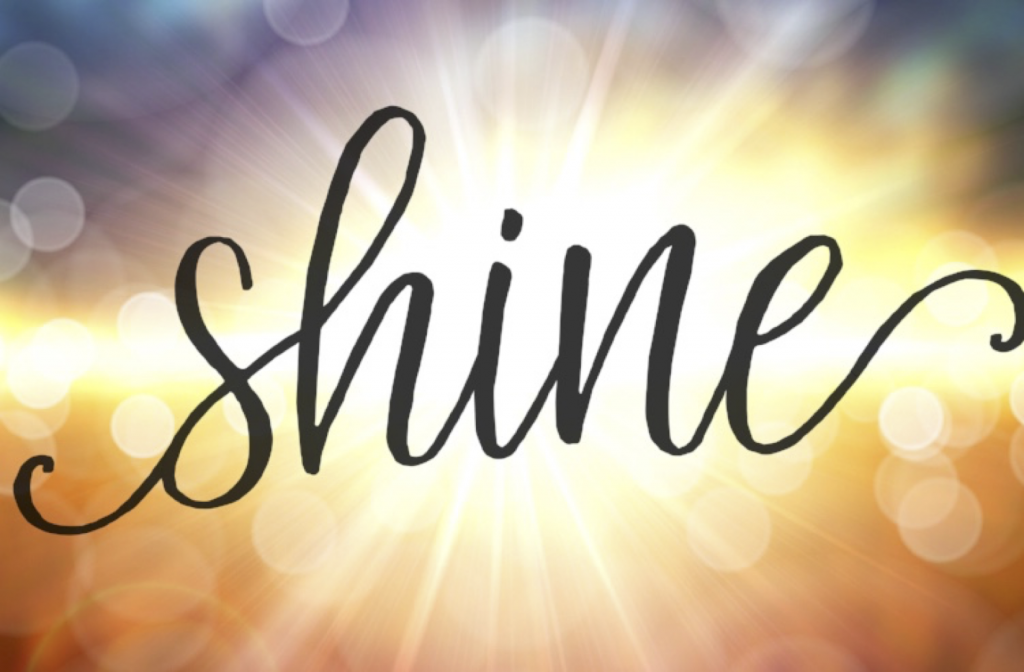
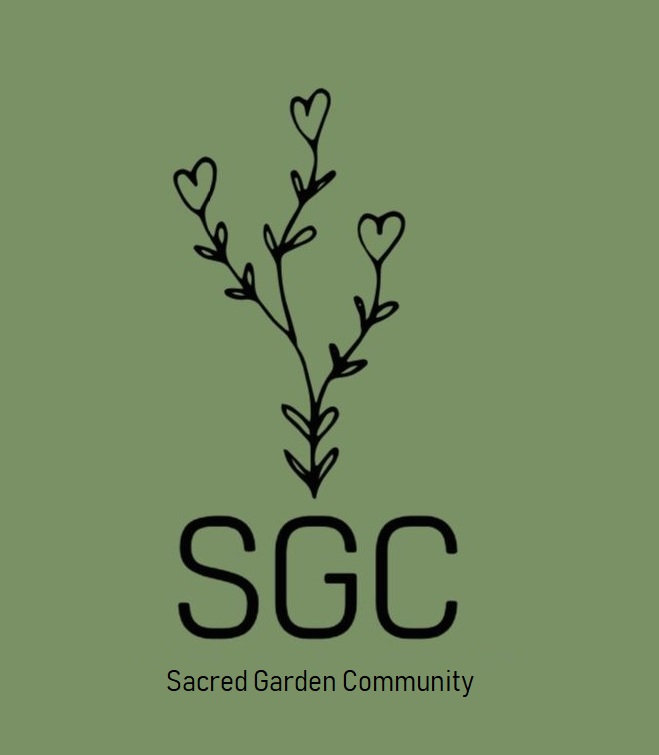

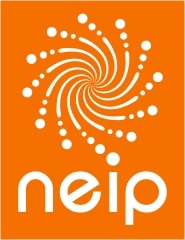
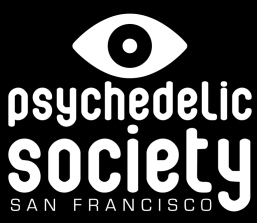
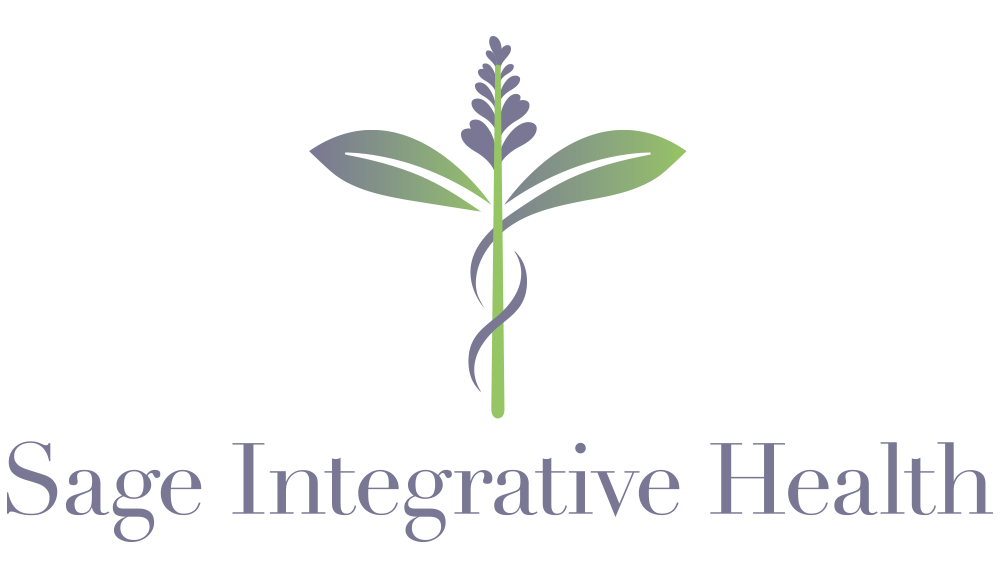




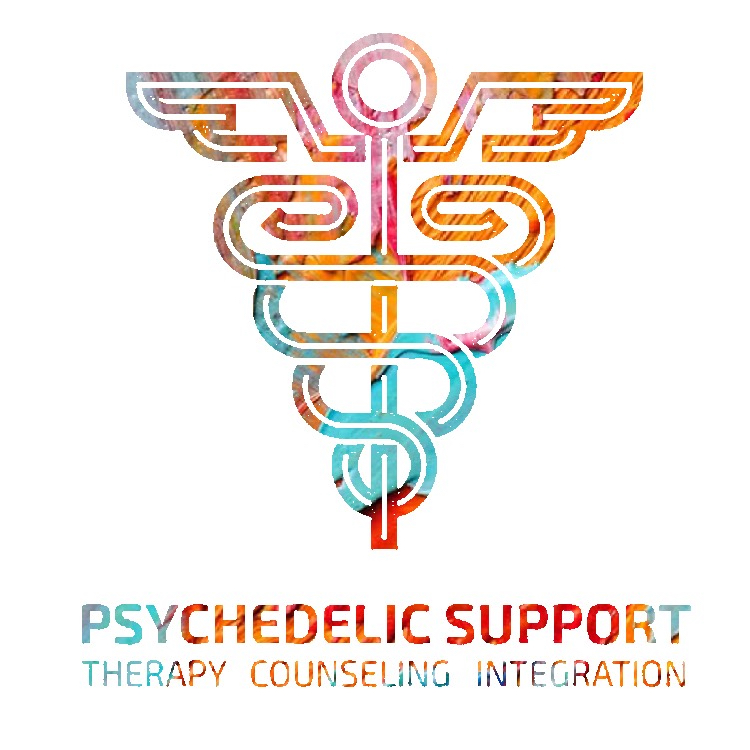

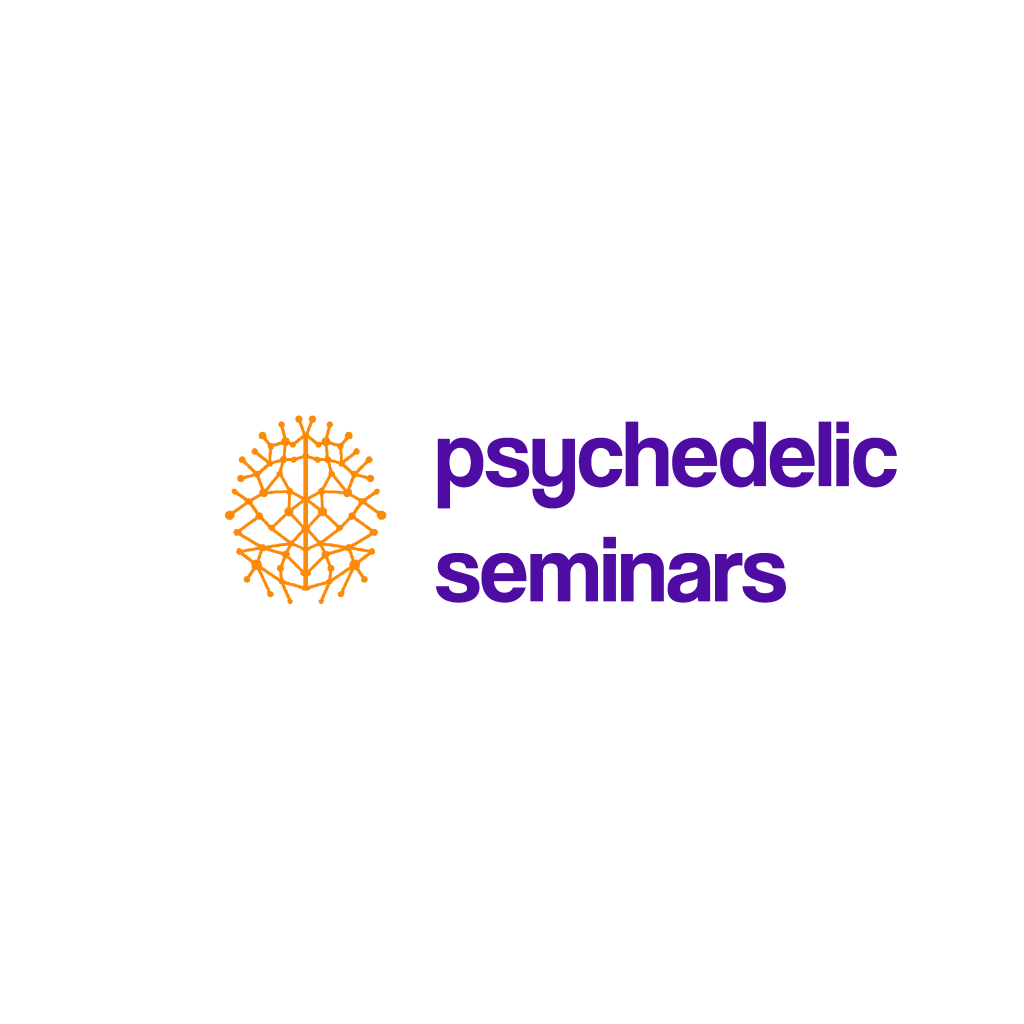

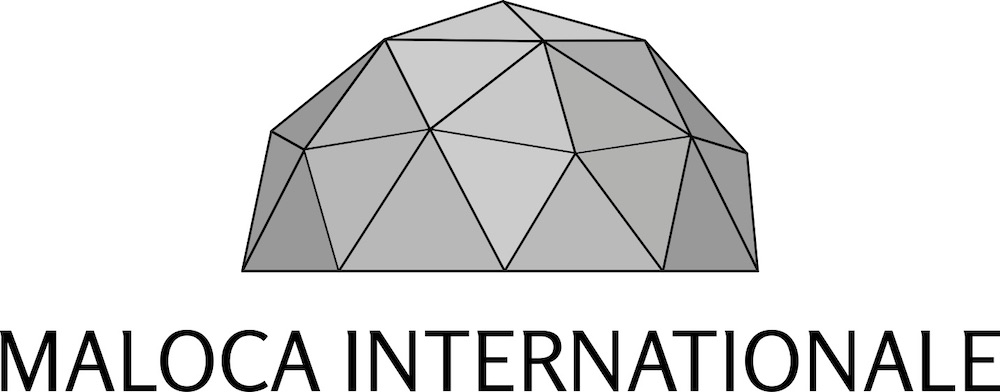
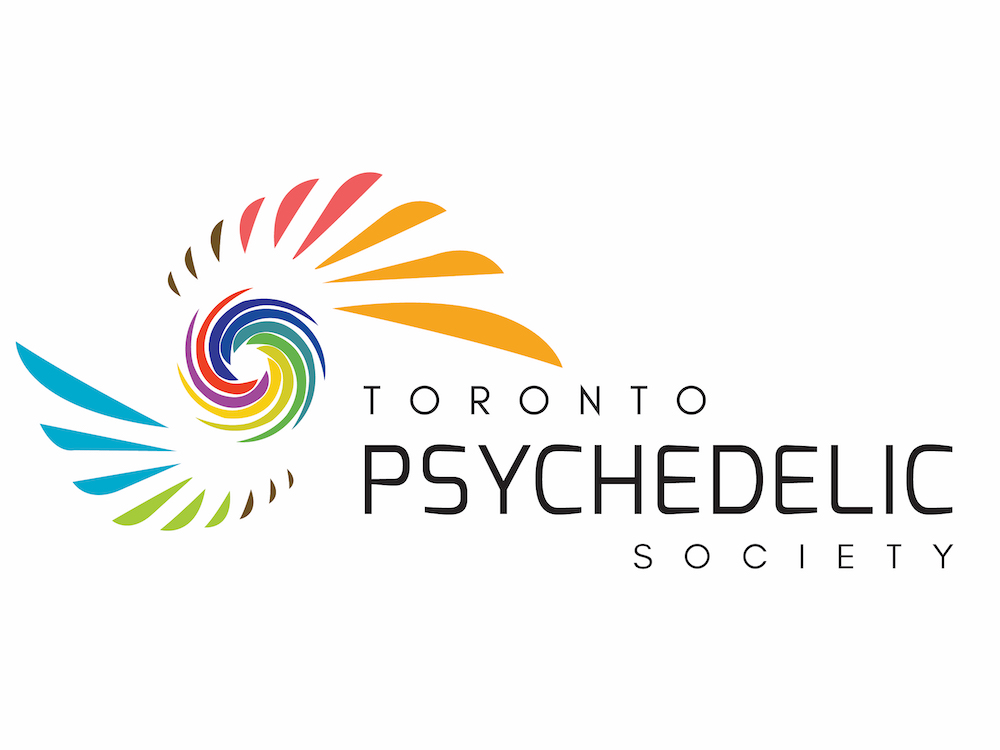

Take a minute to browse our stock:
Did you enjoy reading this article?
Please support Chacruna's work by donating to us. We are an independent organization and we offer free education and advocacy for psychedelic plant medicines. We are a team of dedicated volunteers!
Can you help Chacruna advance cultural understanding around these substances?


